|
Singapore, January 2024 – Breaking new ground in the realm of women-led explorations, HER Planet Earth proudly announces the Gobi Desert Winter 2024 Expedition, uniting 15 women from diverse corners of the globe. This extraordinary mission is a blend of exhilarating adventure, staunch commitment to climate action, and dedicated empowerment of local women across Mongolia. The HER Planet Earth all-female team is set to embark on its 11th expedition to date, a 100km expedition, navigating the formidable Gobi Desert in early March 2024, astride Bactrian camels. Their ambitious goal is to raise $50,000 USD for The Nature Conservancy (TNC)'s impactful initiatives in Mongolia. The focus of these projects includes empowering women in herding communities, fostering enhanced land conservation, and creating avenues for additional income. This unprecedented venture seeks to transcend boundaries, combining the thrill of adventure with a profound commitment to climate action and the upliftment of women in some of the world's most resilient communities. As the all-female team undertakes this challenging odyssey, they aim not only to explore part of the vast expanse of the Gobi but also to make a lasting impact on the lives of those they encounter along their transformative journey. Why Gobi Desert? The Gobi Desert, spanning across Mongolia and China, was chosen for its unique combination of challenge and beauty. It is the largest, as well as the coldest desert in Asia, and the fifth largest in the world. The Gobi’s unique ecosystem is renowned for its stunning natural formations, as well as real dinosaur fossils and endemic flora and fauna. Prominent landforms include sand hills and dunes, dry mountain slopes, gravelly steppes, rocky hills, saxaul forests, dry riverbeds, and more. Situated to the north and high up around 1,500m above sea level, the Gobi is a cold desert with extreme weather conditions. Indeed, as one of the harshest deserts globally, the Gobi provides a testing ground for the HER Planet Earth all-female team, riding Bactrian camels across its vast expanse. The expedition not only aims to showcase the resilience of women but also emphasises the importance of environmental conservation in fragile ecosystems. This journey through the Gobi Desert underscores the significance of preserving Mongolian herding communities and their delicate balance between tradition and conservation. The stark beauty of the Gobi serves as a backdrop to the mission's core objectives: empowering local women, advancing conservation efforts, and fostering sustainable practices. The Team's Journey Upon arrival in Ulaanbaatar, the capital of Mongolia, the women will visit TNC's Mongolia headquarters. The following day marks the beginning of the scenic drive to Dalanzadgad city, covering 600 kilometres bringing them closer to the desert expedition that awaits. As they emerge from the winter season, the team will face the unique challenge of Gobi's unforgiving weather transition, with temperatures in March potentially dropping below 20 degrees Celsius and the winds proving to be very harsh, adding an extra layer of challenge and awe to their adventure. Before the Gobi Desert journey commences, the women will visit nearby TNC conservation projects dedicated to environmental and community development. This enlightening experience sets the stage for the extraordinary camel riding expedition in the Gobi Desert, covering an initial 25 kilometres on the first day. Continuing the camel journey, the team will cover 25 kilometres each day, venturing deeper into the captivating expanse of the Gobi Desert. Nights will be spent at Ger Camps, providing an authentic taste of Mongolian culture beneath the vast desert skies. The desert is also home to extremely rare animals such as the wild Bactrian camel, Mongolian wild ass, snow leopard and the Gobi bear. After completing their 100km crossing, the team will take part in a local Camel Festival, an immersive celebration offering camel rides, camel polo, parades, contests, camel races, traditional games, and concerts. This festival provides valuable insights into the rich culture and resilience of the Gobi's inhabitants, creating lasting memories for the team. The next day, the women will embark on the long ride back to Ulaanbaatar, and the journey will culminate with a farewell dinner at a local restaurant, celebrating the bonds forged and the memories created during this transformative experience. The team will carry with them not only the achievement of exploring the Gobi, but also the resilience imprinted by weathering winter in one of the harshest deserts on earth. The Cause The HER Planet Earth expedition supports The Nature Conservancy (TNC), a global environmental organisation dedicated to impactful conservation efforts across over 70 countries. TNC partners with Mongolian herder communities, preserving the delicate balance between tradition and conservation. The expedition's funds will empower women in the community through handicraft training, support research in innovative livestock management, and enhance livestock nutrition, promoting sustainable practices for the prosperity of herding families. “Just as our camels leave footprints in the Gobi's sands, we aim to leave a lasting impact, ensuring a sustainable and prosperous future for the herding families we support. Embarking on the Gobi Desert Expedition is a testament to the indomitable spirit of women who dare to face the harsh winds and chilling temperatures, both in nature and in societal challenges. This journey is a metaphor for the resilience we cultivate within ourselves and the bonds we forge amid adversity. Together, we ride towards a future where resilience, empowerment, and conservation converge to create a world worthy of the challenges we surmount." shared Christine Amour-Levar, Founder of HER Planet Earth. FILMING Award-winning filmmaker Jacqui Hocking, known for her early work collecting climate change solutions on a UN Global Climate Expedition, will be part of the upcoming expedition. Over the past decade, she has evolved into a pioneer of purpose-driven business, building B Corp certified companies focusing on social and environmental impact. In 2022, her company, VS Story, was acquired by Redhill, a global communications firm, where she continues her mission. As a Partner at NowPartners, a global partnership of senior business leaders, Jacqui advocates for change-makers within companies, emphasizing that business is a powerful tool to achieve the Global Goals. NOTES TO EDITORS
About HER Planet Earth Founded in 2017, HER Planet Earth is a non-profit organisation headquartered in Singapore that aims to empower women to mitigate climate change. One of its core objectives is to inspire more women to become policymakers and agents of change to achieve social and economic equity and a healthy and thriving planet. HER Planet Earth organises challenging, often pioneering, self-funded expeditions around the world to increase awareness on environmental degradation and raise funds for programmes that empower and educate underprivileged women affected by climate change - ultimately helping them build climate change resilience. The organisation partners with nature lovers, environmentalists, scientists, polar explorers, adventurers, women’s rights advocates, corporates, tech entrepreneurs, feminists and charities that have programmes and structures in place dedicated to building a deeper connection between gender equality, genuinely sustainable development, and the protection of the environment. Team Profiles The team of this HER Planet Earth Gobi Desert 2024 Adventure is formed by 15 intrepid women of diverse nationalities and backgrounds. While they are all incredibly well accomplished in their careers, they are equally passionate about protecting the environment and empowering underprivileged women. To read the team bios please click here To donate to the mission please visit the team’s fundraising page here To follow the team’s journey follow them on: For media queries, please contact: [email protected] 10/28/2023 HER Planet Earth's 'Into the Blue' Event: An Inspirational Evening of Empowerment & Conservation, Raising $45,000 for THE Sulubaaï FoundationRead Now FOR IMMEDIATE RELEASE Singapore, October 30, 2023 — HER Planet Earth, the global women's advocacy movement dedicated to strengthening the connection between female empowerment and environmental integrity, successfully hosted the 'Into the Blue' charity cocktail reception and film screening at Catapult in Singapore, on October 24, 2023. The event brought together a notable gathering of 100 senior C-suite professionals comprised a select group of industry leaders, affluent individuals, and sustainability experts from various sectors and was generously sponsored by LGT, the world's largest royal family-owned private bank. Together, they raised $45,000 SGD in support of the Sulubaaï Environmental Foundation's conservation initiatives in the Philippines. This event was thoughtfully timed to coincide with the International Day of Climate Action, aiming to shed light on the admirable work of HER Planet Earth's charity partner, the Sulubaaï Environmental Foundation. The primary mission was to generate both awareness and essential funds for the preservation and rejuvenation of natural resources within the Marine Protected Area (MPA) of Palawan in the Philippines. Fred Tardieu, Founder of the Sulubaaï Environmental Foundation, who flew in especially for the evening with his wife Chris Tardieu and their Marine Ecologist, Laure de Ville d'Avray, shared, "We often believe ourselves to be alone and isolated in our convictions, but all it takes is one evening, a setting, a team, and the world clings to you. At that moment, anything can be achieved. I believe in humanity; the only problem lies in understanding our priorities. This evening has shown us that civil society can accomplish great things and be a catalyst for renewal. We must mobilize it for the benefit of all and, especially, for the new generations." HER Planet Earth, now in its seventh year of operation, continues to pioneer innovative fundraising approaches for its charity partners. Their unique initiatives involve embarking on challenging expeditionary journeys across the globe. What sets this organisation apart is its unwavering dedication to supporting causes that champion gender equality and the empowerment of women impacted by climate change. In May 2022, the HER Planet Earth all-female dive team embarked on a week-long expedition to Pangatalan Island in Palawan, Philippines. Partnering with the Sulubaaï Environmental Foundation, their mission was to revive the island's coral reef ecosystems. This dedicated team expertly installed three artificial reefs and nurtured 30 "fragments of hope" coral pieces. As a result, the reef has seamlessly integrated into the Sulubaaï Foundation's MPA, fortifying the Coral Triangle—an awe-inspiring marine biodiversity haven that hosts 30% of the world's coral reefs. Notably, the HER Planet Earth team engaged with women from diverse backgrounds in the Sandoval Barangay communities surrounding Shark Fin Bay, the location of Pangatalan Island. This engagement included leaders, fisherfolk, educators, farmers, homemakers, students, and mothers. Their aim was to heighten environmental awareness and foster meaningful dialogues about optimal conservation strategies for the region. The Sulubaaï Environmental Foundation has been meticulously rejuvenating the 4.5-hectare island for the past 13 years, transforming it into a self-sustaining ecosystem. Their accomplishments include planting over 80,000 trees, establishing it as a Marine Protected Area (MPA), and launching a comprehensive mangrove restoration initiative. A standout component of their efforts is the Sulu Reef Prosthesis (SRP)—an innovative artificial concrete reef system acknowledged by UNESCO. Since 2017, the foundation has placed over 300 SRPs within its MPA, relocating more than 2,500 coral fragments spanning over 15 genera and 30 hard coral species. Further enhancing the island's sustainability, the foundation established an organic farm, integrated a waste management system, and installed solar panels, all instrumental in achieving the island's carbon-negative status. Why It Matters: According to WWF's Living Planet Index, marine life—including mammals, birds, reptiles, and fish—has seen a staggering decline of nearly 50% between 1979 and 2012. Climate change poses a dire threat to corals; since the 1950s, the global expanse of living coral has been halved. Corals, essentially tiny animals termed polyps, form underwater colonies that serve as vital habitats for fish. Mangroves, with their exceptional carbon-absorbing capabilities, intake 10 times more carbon than typical trees and offer crucial protection against natural disasters like typhoons and floods, as well as erosion. Guests attending the "Into the Blue" event savoured drinks from LGT's private collection and canapés from Karana, a Singapore food start-up poised to become Asia's first whole-plant-based meat brand. Guests were immersed in a compelling short film presented on a 360° panoramic screen in Catapult's stunning facilities at 1 Rochester Park. All proceeds from the event are dedicated to supporting the Sulubaaï Environmental Foundation and its programs in coral restoration. Christine Amour-Levar, Founder of HER Planet Earth and Ambassador Sulubaaï, emphasized, "The heart of this event lies in amplifying the need to rejuvenate our marine biodiversity. Our primary concern is food security, as local communities heavily rely on marine resources for sustenance. To cultivate a thriving ecosystem, we must foster active participation from local stakeholders, enlighten our youth, and ensure that adults recognize the economic potential of safeguarding and efficiently managing our oceans. It's this forward-thinking approach that we must embrace for our future." About Her Planet Earth
Based in Singapore, HER Planet Earth is a non-profit organization championing the dual causes of women's empowerment and climate change mitigation. At its heart, the organization strives to motivate more women to step into roles as policymakers and change-makers, driving both societal equity and a flourishing planet. With a spirit of adventure, HER Planet Earth curates impactful and self-financed global expeditions that spotlight environmental challenges while fundraising for initiatives supporting vulnerable women impacted by climate change. The organization stands strong with a diverse coalition including environmentalists, scientists, adventurers, women's rights champions, businesses, tech innovators, and like-minded charities. Together, they reinforce the intrinsic link between gender equality, sustainable development, and environmental conservation. www.HERplanetearth.com About The Sulubaaï Environmental Foundation Initiated by Frédéric and Chris Tardieu, the Sulubaaï Environmental Foundation stands as a beacon of conservation in Palawan, dedicating itself to the preservation, protection, and rejuvenation of the region's natural assets for the local community's betterment. Over a span of 13 years, the foundation has masterfully revitalized Pangatalan Island, a 4.5-hectare sanctuary, steering it towards ecological self-sustainability. Their extensive contributions encompass planting a staggering 80,000 trees, inaugurating a Marine Protected Area (MPA), fortifying mangrove ecosystems, and pioneering the Sulu Reef Prosthesis (SRPs) — a ground-breaking artificial reef system acknowledged by UNESCO. From 2017 onwards, they've strategically positioned over 300 SRPs across various coral rubble zones within their MPA, enabling the transplantation of 2,500 coral fragments that span more than 15 genera and encompass 30 hard coral species. https://sulubaai-foundation.com. About LGT (The Liechtenstein Global Trust) – Official Sponsor Established in 1921 in Liechtenstein, LGT stands as a distinguished private bank, overseeing CHF 285 billion in assets for affluent clients worldwide. LGT's robust performance is anchored in its synergy with the Princely Family's investment vision, its prowess in sustainable investing, and its specialized offerings in asset structuring and philanthropic guidance. Recognizing its formidable financial standing, both Moody's and Standard & Poor's have endowed LGT with premier ratings. The bank's forward-thinking, risk-aware ethos, and unwavering reliability resonate deeply with clients, particularly in volatile climates. Entrepreneurs and proactive investors are drawn to LGT's innovative and elite investment avenues. Combining vast experience with sustainability and fiscal robustness, LGT remains a beacon in global wealth management. https://www.lgt.com/sg-en Robb Report – Official Media Partner Robb Report Singapore is the industry's leading publication in luxury lifestyle. It stands as the foremost authority on luxury lifestyle in the industry. With a mission to consistently showcase life's finest offerings, they curate unparalleled experiences for high-net-worth individuals. https://www.robbreport.com.sg/ About Catapult – Official Venue Partner Catapult is Southeast Asia's first Shared Executive Learning Centre in Singapore's Rochester Park area. Designed as a Learner's Playground, it aims to groom future leaders through immersive and experiential learning journeys. Catapult bases its experiential learning approach around The Neuroscience of Learning and Motivation, focusing on emotion, experimentation, and social interaction to enhance the learning experience. Its curriculum revolves around 3 pillars: Leadership, Innovation, and Energy for Peak Performance. With state-of-the-art facilities, including a 360 immersive space, Catapult provides the perfect setting for the event. The film to be showcased during the event will be specially edited for Catapult's 360 room, allowing guests to experience a captivating 360° film experience. Catapult is a 2-storey learning centre within a campus-style integrated development called Rochester Commons, that includes a Citadines Connect business hotel, corporate offices, restaurants, and heritage bungalows. Catapult is developed and managed by CapitaLand Development. www.catapult.com.sg About Karana – Official Food Sponsor KARANA leads the way in a new category of meat derived from jackfruit. The company firmly believes that consumers shouldn't have to compromise on taste, health, or sustainability when making food choices. Indeed, KARANA goes beyond merely sustainable with jackfruit, their star ingredient, aiming to introduce biodiversity to dining tables. With jackfruit's naturally meaty texture, they minimize ingredient and processing interventions while maximizing authentic, juicy flavours. Commitment to responsible sourcing is a cornerstone for KARANA, as evidenced by their support for small shareholder farmers in Sri Lanka. Founded in Singapore in 2018, KARANA has since introduced its products in their local market, Hong Kong, and the Bay Area. www.eatkarana.com For media queries, please contact: Christine Amour-Levar (Founder and CEO, Her Planet Earth) - Email: [email protected] If environmentalism was about protection, sustainability is about survival, and regeneration is about thriving. This is a process of societal transformation and fundamentally, it is our value systems and mindsets that we need to recalibrate to carve a new trajectory away from exploitation and extraction as the core approaches to business and economic growth. Nothing embodies this concept better than what our HER Planet Earth team experienced as guests of Frédéric and Chris Tardieu, founders of the Sulubaaï Environmental Foundation, a non-profit organisation dedicated to conserving, protecting and restoring the natural resources of Palawan for the benefit of the local population. Indeed, this May, we spent the most magical and eye-opening week with them on their Pangatalan island in the Philippines. Over the past 12 years, the foundation has completely restored the 4.5-hectare island and made it self-sustainable by planting more than 80,000 trees and turning it into an MPA, or Marine Protected Area. The project has also included a robust mangrove restoration programme, and the creation of SRPs, or Sulu Reef Prosthesis (an artificial, concrete reef systems, which is recognized by UNESCO) to restore corals. SRPs were designed and patented by the Sulubaaï Foundation in 2016 and are used as platforms on which coral fragments are transplanted. From 2017 till today, Sulubaaï has installed over 300 SRP on different coral rubble patches within its marine protected area, and transplanted more than 2,500 coral fragments, belonging to more that 15 genera and 30 hard coral species. The foundation has also set up an organic farm, implemented a waste segregation system and built solar panels - all of which have contributed to making the island carbon negative. During our visit, our HER Planet Earth team installed three artificial reefs and 30 "fragments of hope" (i.e. corals fragments). The reef is now part of the Sulubaai's Foundation’s Marine Protected Area of 50 hectares. This is a meaningful contribution, as it builds on the work of the foundation to protect the area, which is part of the Coral Triangle (hosting 30% of the world's coral reefs) and is a hot spot of marine biodiversity. The HER Planet Earth team also met with women from the local communities around Shark Fin Bay of the Sandoval Barangay - consisting of leaders, fisherfolk, teachers, farmers, home makers, students, and mothers - so as to help raise awareness about the importance of protecting our environment. The objective of this open forum was to have constructive discussions and exchanges on how best to protect nature in this region. We also shared our hopes and dreams for our lives, our children’s lives, and our planet’s future. As a result of our trip, we also learnt that:
Sulubaai highlights the importance of learning to sustain ourselves equitably within the resources and means of the planet upon which we rely on for survival instead of extracting and using resources at a faster rate than Earth can replenish them. The end goal is not “to sustain what we already have”; it should be to evolve our species to move beyond the status quo of destruction and exploitation, to find new ways of meeting everyone’s needs within the means of the planet. It's about respecting, cherishing and living within the natural ecosystem. Once we have established the ability to do that, when we have changed our value system, business practices, cultural conventions, and collective mindsets, then we can give back more than we take — and finally live sustainably on our beautiful planet. To support and find out more about the Sulubaai Foundation, please visit their website here. 4/14/2022 All-Female DivE Team to work on Coral Reef Restoration with the Sulubaaï FOUNDATION of the PhilippinesRead Now For Immediate Release In May 2022, an all-female diving team from Singapore, Australia and Europe will spend a week on Pangatalan island in Palawan, Philippines to work on restoring its coral reef in partnership with the Sulubaaï Foundation. Created in 2012, the Sulubaaï Environmental Foundation is a Philippine-based non-profit organisation dedicated to conserving, protecting and restoring the natural resources of Palawan through environmentally sustainable practices and active ecosystems restoration. The foundation's work is mainly focused on the island of Pangatalan and its surroundings in the Shark Bay region. The group under the banner of HER Planet Earth, a Singapore-based NGO that promotes female empowerment and environmental conservation will participate in multiple coral grafting dives, which will involve fixing unstable coral fragments on concrete support structures called SRPs (or Sulu-Reef Prostheses) directly or indirectly on strong reef structures using nails and wire. "The Sulubaaï Foundation is excited to host the team of divers from HER Planet Earth this year. The collaboration provides a unique opportunity for an adventurous group of women from around the world to connect directly with the rich but threatened marine life of Palawan while supporting a model of community-led conservation that delivers tangible and sustainable results", said Frederic Tardieu, Founder of the Sulubaaï Foundation. He added, “We wholeheartedly believe in the power of women to create change, impact a community, a nation and the world - for the better. And we look forward to working closely with our partners, HER Planet Earth on this important conservation initiative.” In 2016, a 41-hectare Marine Protected Area surrounding the island was established and placed under the responsibility of the foundation - and defined as a “No Take Zone” to improve the resilience of ecosystems such as coral reefs, other marine life and fish stock surrounding the island. Then in 2019, neighbouring villages realised the positive impact on fish biomass and wanted to go a step further, and this is how the idea of the SEA Academy was born. The SEA Academy focuses on ecosystem preservation, education & training, economic development and scientific research. The core of the project is the creation of three participative marine protected areas managed by the local communities. It will directly benefit the population of the villages of Shark Fin Bay (Palawan, Philippines) and students from Philippine Universities. Over the next three years, the SEA Academy will help decrease illegal fishing practices, and improve the state of the coral reefs while increasing fish population. Its educational program about the marine ecosystems will focus on sustainable management of marine resources. while increasing fish population. Its educational program about the marine ecosystems will focus on sustainable management of marine resources. HER Planet Earth Founder, Christine Amour-Levar, who is also an Ambassador for the SEA Academy Project shared, "the main objective of the project is to restore the marine biodiversity. The main stake is food security since local populations critically depend on marine resources for their protein income. If we want to build a healthier ecosystem, it is necessary to create conditions for involvement of local actors, to educate younger generations and to enable adults to understand that protection of the sea and its good management is also source of wealth and economy. This is the kind of future we need to move towards." Island revegetation and water run off Because of the deforestation of the island before 2011, the island’s soil had been severely damaged and eroded during past rainy seasons. The phenomena was compromising the integrity of the remaining vegetation and impacting the coral reef due to siltation (a process by which water becomes dirty as a result of fine mineral particles infiltrating it). Since 2013, more than 39,000 native flowers, plants and trees have been replanted. Infrastructures have also been built (retention tanks and water-flow moderators) in order to help restore the soil and considerably reduce water run-off from the land. Thanks to the foundation's work, since 2016, the vegetation of the island has returned to a sustainable and healthy level. Mangroves replanting The marine protected area includes 2.5 hectares of mangroves ecosystems. Unfortunately, 20% had been destroyed prior to 2011 due to the cutting down of mangrove trees to make charcoal. Mangroves constitute a key ecosystem and are extremely functional. Thus, in order to facilitate their regrowth, the foundation planted 5,000 propagules in a nursery and transplanted around 1,000 plants in May 2016. Today the Sulubaaï team is continuously gardening and taking care of the plants that are thankfully thriving. A Marine Protected Area The 41-hectare Marine Protected Area surrounding the island includes a fringing reef (a coral reef that lies close to the shore) and one isolated reef (pinnacle). In total, 12 ecosystems are present in the area and constitute a highly diversified environment. The Marine Protected Area is defined as a “No Take Zone” and aims to improve the resilience of ecosystems such as coral reefs, other marine life and fish stock surrounding the island. In the past, the area suffered from a massive bleaching event (2010) and was commonly exploited for fishing using dynamite and cyanide. Today, the foundation constantly measures the efficiency of their restoration methods in the Marine Protected Area, by monitoring and surveying the environment and ecosystems using a photo transect method. Photo transects involve taking evenly measured photos of the reef bottom. This not only gives the foundation a permanent record of the reef condition, but it also allows them to do a more detailed analysis after each dive. Find out more: About HER Planet Earth: HER Planet Earth is a global advocacy movement that promotes a deeper connection between women empowerment and the integrity of the environment. The non-profit organisation, which is headquartered in Singapore, aims to inspire more people to become policymakers and agents of change in order to achieve social and economic equity and a healthy and thriving planet. HER Planet Earth organises pioneering and self-funded expeditions around the world to increase awareness of environmental degradation and raise funds for programmes that empower and educate underprivileged women affected by climate change - ultimately helping them build climate resilience. About The Sulubaaï Foundation: In 1992, French business developer Fred Tardieu and his wife packed up their belongings and departed from their home, careers and ease of familiarity to pursue what they thought would be a well-earned retirement. Little did they know at the time, their unassuming plunge into adventure would lead them to become trailblazing marine conservationists in the Philippines. Driven by their love for the ocean and eagerness for bettering the world, in 2011 they purchased Pangatalan Island in Palawan and founded the Sulubaaï Environmental Foundation, where they work alongside conservation partners and local community members to restore the island’s unique ecosystems which had been damaged from unsustainable practices in the past. Alongside their partners, in 2017, they established a 45-hectare marine protected area (MPA) surrounding the island – with another MPA double its size currently in the works. Since 2015, the Sulubaaï Foundation team counts full dedicated marine biologists experts who manage the restoration of marine ecosystems in the marine protected area of Pangatalan. The staff counts also 20 members from nearby villages who contribute to the warm hospitality on the island. https://sulubaai-foundation.com To see pictures of the HER Planet Earth team’s journey, ‘LIKE’ their Facebook page, follow them on Twitter and Instagram: https://www.facebook.com/herplanetearth/ https://www.instagram.com/herplanetearth/ https://twitter.com/herplanet_earth By Guest Contributor Rachel Louise Carson was an American marine biologist, author and conservationist. She is recognised as one of the biggest and most vital conservationists in history as well as the mother of modern environmentalism. Her campaign revolved around challenging the use of man-made chemicals and her research eventually led to the complete ban of DDT and other pesticides nationwide. She was a naturalist and advocated for the use of organic methods by agricultural scientists. According to the National Women's Museum, the impact of the environmental movement that she embarked on led to the establishment of the U.S. Environmental Protection Agency (EPA). Early Life Rachel Louise Carson was born on May 27, 1907 in Springdale, Pennsylvania. She was raised on a 65-acre farm and spent her childhood years exploring the fields, falling in love with nature and writing about it. When she was 10, her first work was published in a children's magazine which was quite a feat. Growing up in such a natural environment instilled a major knowledge of nature and wildlife in her which then served as a drive that spurred her on to make all the moves that she made in defence of mother nature. According to Carson, "In every outthrust headland, in every curving beach, in every grain of sand, there is the story of the earth." She initially decided to pursue a career in writing, however, while still in college, she changed her major from English to Biology. In 1929, she graduated from the Pennsylvania College for Women (now Chatham College). She then proceeded to John Hopkins University, which was a very rare occurrence for women at the time, where she did some graduate work. She had her fellowship at the U.S. Marine Laboratory in Woods Hole, Massachusetts and taught at the Johns Hopkins summer school during the course of her post-graduate studies. She later went on to teach at the University of Maryland for five years. Her Works and Contribution to Science
After spending five years at the University of Maryland, Rachel Louise Carson got employment at the Bureau of Fisheries in 1935. One of her major responsibilities at first was to create a series of seven-minute radio programs devoted to talking about marine life. They were tagged "Romance Under the Waters." By 1936, she was regarded as one of the only two women who had employment at a professional level with the U.S. Fish and Wildlife Service Bureau and this was stated by the U.S. Fish & Wildlife Service itself. She worked here until 1952 and before she left, she had already been promoted to editor-in-chief of the service's publications. She also contributed her quota during World War II by studying and investigating undersea sounds to help the Navy in their quest for the detection of submarines. While doing her work for the government, she was responsible for writing a significant number of articles which were published by the Baltimore Sun. As a step in the right direction, she wrote her first book titled "Under the Sea-Wind," which was published in 1941. The theme was a scientific study on marine life but it was written in simple language so that it could be easily understood. According to Encyclopedia Britannica, she published her second book, "The Sea Around Us," in 1951 and it became an instant bestseller and brought her some fortune. Furthermore, remained on The New York Times' best-seller list for 81 weeks and won a National Book Award. It was also translated into 32 different languages. In 1955, she published her third book, "Under the Sea." Prior to this, Carson had spent the 1950s researching the effects of pesticides on the food chain across the United States and Europe. She was assisted by Clarence Cottam, a former employee of Fish and Wildlife Service as well as Shirley Briggs, who was an editor of an Audubon Naturalist Society magazine called Atlantic Naturalist at the time. It was this work that served as the basis of her book "Silent Spring" which was published by The New Yorker in 1962 as a serial and was said to have taken her a total of four years to write by the Natural Resources Defense Council. The book mainly focused on the negative, destructive effects of pesticides with a focus on the effects of DDT. Major takeaways from this book include the question she asked about whether humans had the right to control nature as well as the concept of Earth being able to only sustain pollution levels for a particular amount of time. Here's an excerpt from the book, "Silent Spring": "One of the most significant features of DDT and related chemicals is the way they are passed on from one organism to another through all the links of the food chain. Fields of alfalfa, say, are dusted with DDT; meal is later prepared from the alfalfa and fed to hens; the hens lay eggs that contain DDT. Or the hay, containing residues of from seven to eight parts per million, may be fed to cows. The DDT will turn up in the milk in the amount of about three parts per million, but in butter made from this milk, the concentration may run to sixty-five parts per million. During the process of transfer, what started out as a very small amount of DDT may end as a heavy concentration. The poison may be passed on from mother to offspring. The presence of insecticide residues in human milk has been established by the Food and Drug Administration scientists." She faced opposition from chemical companies that tried to discredit her and claimed she was a communist or simply hysterical. However, her message spread and she went on to earn a presidential commission for the book. Rachel Louise Carson died in 1964 after a prolonged battle with breast cancer but would forever be regarded as a hero. 9/4/2019 ALL-FEMALE TEAM Treks Across Iceland and RAISES OVER S$50,000 FOR WOMEN AFFECTED BY CLIMATE CHANGERead Now 04/11/2019 A self-funded team of 12 women from around the world trekked across the phenomenal Laugavegur region in Southern Iceland last week, raising over S$50,000 in the process, for underprivileged women affected by climate change. The group under the banner of HER Planet Earth, a Singapore-based NGO that promotes female empowerment and environmental conservation, spent a week traversing one of the most active, volcanic and alien landscapes of Iceland, on the very edge of the Laugahraun lava field, an area originally formed by an eruption in 1477. "We chose Iceland because it is one of the countries already feeling the brunt of climate change. In fact, land in Iceland is rising at an average of 1.4 inches per year in certain areas, as a result of climate change. The melting of the country's glaciers reduces pressure on the land below and allows the surface to rise. This changing geography is another tangible showcase of the effects of global warming," said Christine Amour-Levar, Founder of HER Planet Earth. During the journey, the all-female team hiked over stunning blue glaciers, black sandy deserts and multicoloured mountains. As they made their way to the heart of this geothermal wonderland, they discovered glittering obsidian lava fields, pristine waterfalls and steaming hot geysers with their bubbling sulphuric acid pools. The women camped outdoors throughout the trek and experienced a range of temperatures from beautiful sunny days, to cold, windy and rainy spells with 5-6°C temperatures for the most part. Hiking for about 10 hours per day on average, the team covered close to 80km of undulating mountainous terrain, crossing many freezing rivers in the processes. They experienced an ever changing micro-climate, which culminated in the team's early evacuation on the last day, as 51km/h gale-force winds started battering the mountains, forcing the climbers to seek shelter. What is the issue and why does it matter? In many countries around the world, women are among the most vulnerable to climate change and environmental degradation, partly because women make up the larger share of the agricultural workforce and tend to have access to fewer income-earning jobs. In the past decade, disasters have led to the loss of 700 thousand lives, 1.7 billion people affected and economic losses of USD 1.4 trillion. These effects disproportionately affect women and girls: multiple discriminations mean that women are more vulnerable in crises and post disasters situations. In view of this, all proceeds from the expedition will go to UN Women UK, a charity dedicated to empowering women globally by removing the barriers that prevent women and girls from achieving their potential. The funds raised will be allocated to programmes focused on the economic empowerment of women in rural areas of Asia, notably in Bangladesh, Nepal and Vietnam. This will include safe houses for women and girls in these countries, and will be used to send 70 girls to leadership courses, so that they may be empowered and supported to respond to community challenges. Ultimately, the team wants to use this expedition to highlight that gender often remains the untold story behind climate change. While climate change is a global phenomenon, its effects are felt locally, and poor people suffer the most - among the world’s 1.3 billion poor people, the majority are women. To see more pictures of the team's expedition to Iceland, please click here. To make a donation to the team's fundraising page for UN Women UK, please click here. Expedition Partners: Just Challenge Teammates: Isabella Ma, Enkhtur Maini, Sabina Wong Sutch, Ada Loi, Barbara Fras, Anne Stauffer, Carole Eeckhaute, Erika Switzer-Masiero, Isabelle Valentine, Christine Hart, Jen Abbey and Christine Amour-Levar 5/30/2019 ‘HER Planet Earth’ Team Embarks on Unchartered Terrain Across Northern Kenya’s ‘Biological Bonanza’ for Conservation InternationalRead Now (Singapore, 28th May 2019) On 1 October 2019, a self-funded team of 16 women from around the world will embark on a pioneering expedition to trek 100km across Northern Kenya’s remote Matthews range. The trail has never been attempted before and will take the group and its safari camel train on a new passage across the mountains. The team, coming together under the banner of ‘HER Planet Earth’ - a non-profit organisation headquartered in Singapore dedicated to gender equality and environmental conservation – aims to raise a combined total of $150,000 USD for Conservation International (CI), a charity that works to protect nature for the benefit of humanity. HER Planet Earth, now in its third year of operation, raises awareness and funds via challenging expeditions across the globe. Pioneering in nature, they support organisations that champion underprivileged women affected by climate change to help empower and advance their life and community. Recent HER Planet Earth expeditions have taken all-female teams to remote islands in the Philippines, Mountains in Antarctica and to the largest caves in the world in Vietnam. Guided by expert tracker Kerry Glen and accompanied by Samburu or Laikipia Maasai guides, the women will be trekking along tough but varied terrain, including sandy river beds, ancient elephant tracks, old growth forest, plains and hilly peaks. The expedition will range at altitudes from 3,500ft to 5,000ft (or 1,000 to 1,600 metres) and in daily temperatures that could fluctuate between 10 to 30 degrees Centigrade. The team will be up early, before sunrise, walking 5-6 hours every day to reach the next camp and can expect to see big game on the walking safari. The Matthews Range in North Kenya The Matthews Range, also known as the Lenkiyio Hills, rises up out of the semi-desert, a chain of peaks covered in dense dewy forest. Dubbed a ‘biological bonanza’ by the BBC, this mountain forest is a stronghold for a wide range of species including the melanistic leopard (also known as the black panther), elephant, Colobus monkey, greater kudu, waterbuck and giant forest hogs. More than 200 bird species have been counted in the area along with more than 150 species of butterflies. During the expedition, HER Planet Earth will meet the fascinating Samburu people, semi-nomadic pastoralists who are cousins to the Maasai. With the continent challenged by economic and political under-development, Northern Kenya is a great model for community-driven co-management of shared natural resources set in the most ancient landscape of human and animal co-habitation on the planet. The funds raised will go to support a range of projects focusing on gender equality including the Reteti Elephant Sanctuary - the first community owned and mainly female operated elephant sanctuary in Kenya, the expansion of eco-tourism facilities and the establishment and support of a mobile anti-poaching team for the region. The group will also work with grantees in Microsoft’s AI for Earth program, including Vulcan Earth Ranger, in collecting information on activities, animals and assets in protected areas to help conservationists. Wildlife that is traded legally through the pet and collector market is a growing multi-billion-dollar industry, yet it currently lacks the proper technologies and tools needed, opening the way for increased illegal wildlife trade, and in many ways the source of why animals need to be protected in the first place. Conservation International is expanding on the work being done to monitor animals on the ground by developing and implementing a wildlife enforcement and regulatory application that will provide customs agents new technology-based solutions designed to ensure only legally traded pet species are flowing through border points. Conservation International will continue to partner with organizations such as Microsoft to address the holistic conservation issues being faced. Michael O’Brien-Onyeka, Senior Vice President of Conservation International’s Africa Field Division said: “CI is excited by this remarkable expedition put together by our partner ‘HER Planet Earth’ . It provides a unique opportunity for an adventurous group of women from across the world to connect directly with the rich but threatened mosaic of wildlife, landscape and people in remote Northern Kenya, while supporting a model of community-led conservation that delivers tangible and sustainable benefits including peace and security, enhanced incomes and women empowerment and resilience.” He added: “ We are truly honoured that the communities and women that we work with across Northern Kenya will benefit significantly from the awareness and funds that this exceptional expedition will provide.” “While climate change is a global phenomenon, its impact is not spread across a level playing field. Its effects are felt locally, and poor people suffer the most. Among the world’s 1.3 billion people living in poverty, the majority are women. It is vital we empower more women to play a central role in decision-making at all levels of society. Only then will environmental sustainability become a true reality,” said HER Planet Earth Founder & CEO, Christine Amour-Levar, who wants to see ‘gender’ at the heart of climate action. Neal Chandaria, Honorary Consul of the Republic of Kenya in Singapore said, “we are very grateful for the effort of Her Planet Earth and their team of committed women who will be raising funds for community conservation in Northern Kenya later this year. It is always encouraging to work with such passionate individuals and we’re excited to see this remarkable trip coming together for the benefit of people and wildlife in our beautiful country, Kenya. For over 30 years Conservation International has worked to protect Nature and now, more than ever, it is crucial for us all to value and protect nature for the benefit of human wellbeing.” HER Planet Earth’s objective is to inspire people to leave their comfort zones, families and homes for a certain period of time, while pushing their limits in an effort to rally support for a worthy cause. At the core of the organisation’s culture is a commitment to empower underprivileged women, a passion for adventure and a deep respect and love of nature. HER Planet Earth seeks to take participants on pioneering, self-funded, expeditions around the world, so that they can make new discoveries, flourish as individuals, but most importantly, contribute to society. By travelling in such challenging conditions, the team hopes to bring international attention to the need for societies, governments and corporations to get involved and help support climate action and women empowerment. To donate to the mission please visit the team’s fundraising page here. Team Profiles The team of this HER Planet Earth Kenya 2019 Expedition is formed by 16 intrepid women of diverse nationalities and backgrounds. While they are all incredibly well accomplished in their careers, they are equally passionate about protecting the environment and empowering underprivileged women. To read the team bios please click here. NOTES TO EDITORS About HER Planet Earth HER Planet Earth is a global advocacy movement that promotes a deeper connection between women empowerment and the integrity of the environment. The non-profit organisation, which is headquartered in Singapore, aims to inspire more people to become policymakers and agents of change in order to achieve social and economic equity and a healthy and thriving planet. HER Planet Earth organises pioneering and self-funded expeditions around the world to increase awareness on environmental degradation and raise funds for programmes that empower and educate underprivileged women affected by climate change - ultimately helping them build climate change resilience. The organisation partners with nature lovers, environmentalists, scientists, polar explorers, adventurers, women’s rights advocates, corporates, tech entrepreneurs, feminists and NGOs that have programmes and structures in place dedicated to building a deeper connection between gender equality, genuinely sustainable development and the protection of the environment. www.HERplanetearth.com About Conservation International For over 30 years Conservation International has worked to protect Nature with cutting-edge science, innovative policy and global reach. Conservation International seeks to break the cycle of the destruction of Africa’s natural capital by contributing to a new development paradigm where growth embraces, not erodes, nature, and where nature is valued, protected and managed for the benefit of human wellbeing. www.conservation.org Community Conservation and Gender Imbalance This model of community conservation has changed local attitudes toward wildlife and the team’s journey will take them deep into the very landscapes and communities where CI’s work is done. All funds raised will be used to benefit these local people; to give them a voice and provide a platform for their development of sustainable enterprises and family livelihoods. The ripple effect will extend to education, health, family income and even security, peace and stability. Gender imbalance is a major factor obstructing sustainable development in Africa and poverty is a key factor undermining a girl’s right to education; a cycle that reinforces a large gender gap. Many factors combine to truncate a girl’s education and a young women’s career, limiting the full realisation of her productive capacities. On the other hand, educating a girl means that as a woman, she is then empowered and more likely to participate in development efforts and in political and economic decision-making. Over 50% of the practitioners in the existing production sectors where CI’s Africa programme works are women. They are often marginalised and lack the skills and education to be true agents of change or to be able to influence policy in their favour. Research by the World Bank, UNICEF shows that better educated women have fewer children (the difference between 0 years of schooling and 12 years is almost 4 to 5 children per woman). Further research shows that every additional year of schooling for a girl increases her future earnings by 10 to 20% and that each additional year of schooling for children increases the average annual National GDP by 0.37%. The advantages of girl’s empowerment, therefore, do not stop at the boundaries of a single child, but extend through families, communities, and entire nations. Wildlife Trafficking The dramatic rise of wildlife trafficking, which has become an annual US$10bn illicit enterprise, now represents one of the world’s four most profitable criminal activities. Wildlife trade follows similar routes and is linked to the same terrorist organizations and organised criminal syndicates that are behind the illegal trade trafficked human beings (as well as drugs and weapons). Community conservation seeks to tackle insecurity holistically by focusing on strengthening community ties and encouraging non-violent conflict resolution. Conservancy rangers gain employment and bring increased security which allows others to benefit from the development of other skills, alternative livelihoods and a connection to new markets. To donate to the mission please visit the team’s fundraising page here. To see pictures of the team’s journey, ‘LIKE’ their Facebook page, follow them on Twitter and Instagram: https://www.facebook.com/herplanetearth/ https://twitter.com/herplanet_earth https://www.instagram.com/herplanetearth/ PHOTO CREDITS: ©Ami Vitale, ©Georgina Goodwin. 3/16/2019 The BAWAH ANAMBAS FOUNDATION Wants to help conserve and expand the biodiversity of the Anambas ArchipelagoRead Now Located just a few hours from Singapore, the Bawah Anambas Foundation, which is part of the Bawah Reserve, focuses its conservation efforts on the whole Anambas Archipelago. This region, which is part of the Coral Triangle, includes more than 250 islands across seven sub-districts with 45,000 inhabitants. Eighty percent of the locals living in this area rely on the ocean for their livelihood, which consists of an average income equivalent to USD 150–350 per month per household. The Anambas has outstanding marine biodiversity, some say 10 times more diverse than Australia’s Great Barrier Reef. It has tremendous potential as an eco-marine tourism destination. Reefs are easily accessible with typically clear, warm, and sheltered waters providing ideal snorkelling and scuba diving options. “When we built Bawah Reserve, it was very important that we follow a sustainable operational plan and give back to the local community, the land and the sea,” says Tim Hartnoll, owner of Bawah Reserve. In April 2018, a few months after Bawah Reserve first opened its doors, the Bawah Anambas Foundation was established to rehabilitate and conserve the bio-diversity of marine and terrestrial life around the island of Bawah and the larger Anambas Archipelago, as well as help boost the local community welfare. The foundation encourages the locals to reduce their reliance on the ocean by teaching them organic farming and providing them with free English lessons through digital media. The programme also consists of educating the locals on waste disposal management, so that they stop polluting the sea. Rodial Hudha, a native Anambas who used to work as a kitchen staff in Bawah Reserve and is currently a Programme Assistant of the Bawah Anambas Foundation shares, “I grew up in Kiabu. Back then, I thought fishing by throwing dynamite off a jetty, dumping rubbish into the ocean or onto the street, building new roads by clearing up mangrove forests, and building houses without septic tanks were all normal. Little did I know that all those actions could damage the fragile environment we live in." “From day one, our plans have been created with sustainability and the environment in mind,” says Hartnoll. Curiosity brought him sailing to Bawah Island many years ago and the beauty of the area captivated him. When the opportunity came to develop Bawah into a resort, he swore he would preserve it and keep it as pure and beautiful as it was the very first time he set eyes on it. Jerry Winata, the Head of the Bawah Anambas Foundation says "you can’t talk about conservation to hungry people". Based on findings during his stay in a few of the villages around Anambas, he has identified a series of programmes and activities to assist and complement what has already been initiated by the local government. The projects include: coral and turtle conservation; reforestation; organic farming; digital English club; and solid waste management. These programmes are to be implemented in the villages of Talaga, Kiabu, and Mengkait, which are the poorest and farthest from Tarempa, the capital of the Anambas Islands. Those aforementioned projects are critical to ensure the improvement and protection of the ecosystem in the area. The marine and forest conservation programmes are to restore coral and forest conditions, while securing the availability of fish for the fishermen to catch sustainably. The organic farming programme is to provide new crop alternatives that are climate change resilient and good for the livelihood of the locals. English lessons will give many new opportunities to work in the tourism sector. Solid waste management, which is extremely urgent to put into action, will not only keep the ocean and the villages clean, but will also change the locals’ habit of littering and damaging the environment. If managed properly, Winata believes it won't be long before Anambas becomes one of Indonesia’s major eco-friendly tourism attractions. To contact the Bawah Anambas Foundation please email them at this address: [email protected] Check out their website: www.bawahanambas.org Connect with them on Instagram: @bawahanambasfoundation Friday 8 March 2019 (International Women’s Day) Today, on International Women’s Day, Christine Amour-Levar, Founder of Her Planet Earth and Lucy Bennett-Baggs, Founder of Just Challenge, announced that together they would lead an expedition to Iceland, bringing inspirational women together from around the world to drive change and empower women globally. Just Challenge & Her Planet Earth invite women from any background, industry and country to join ‘Challenge Iceland 2019’, trekking over 75km through spectacular Icelandic terrain to raise crucial funds for UN Women’s programmes that empower and support underprivileged women affected by climate change. Lucy Bennett-Baggs, Founder of Just Challenge, says “We are really excited to have partnered with Her Planet Earth on Challenge Iceland 2019. This is the first ‘women only’ challenge we have launched and we are incredibly proud to be leading an experience that truly promotes gender equality in today’s increasingly pressurised world. This is a once in a life time opportunity that not only develops the women that take part, but also raises funds for those much less fortunate than ourselves”. Christine Amour-Levar, Founder of Her Planet Earth, states “While climate change is a global phenomenon, its impact is not spread across a level playing field. Its effects are felt locally, and poor people suffer the most. Among the world’s 1.3 billion people living in poverty, the majority are women. I am thrilled to partner with Just Challenge on this incredible adventure to one of the most scenic places on earth. Together we will rally a group of dedicated women to raise valuable funds for underprivileged women, ultimately helping them transform their livelihoods so that they can become more resilient to climate change.”
Team Profiles The team of this HER Planet Earth Iceland 2019 Expedition is formed by 12 intrepid women of diverse nationalities and backgrounds. While they are all incredibly well accomplished in their careers, they are equally passionate about protecting the environment and empowering underprivileged women. To read the team bios please click here. Join their mission and advance the cause of gender equality. Apply for one of the limited places today: www.just-challenge.com/iceland2019 For interview requests with Lucy Bennett-Baggs or Christine Amour-Levar – please email [email protected] or [email protected] Just Challenge - Just Challenge delivers life changing adventures, for all abilities, with impact and meaning. They provide companies with the opportunities to engage employees, clients and/or leaders through physical challenges. They believe those that contribute to society and nurture their people will be the ones to prosper. Just Challenge designs and delivers bespoke experiences focusing on four pillars; employee engagement, corporate social responsibility, client relationships and leadership development. Her Planet Earth - HER Planet Earth is a global women’s advocacy movement that promotes a deeper connection between women empowerment and the integrity of the environment. The non-profit organisation, which is headquartered in Singapore, aims to inspire more women to become policymakers and agents of change to achieve social and economic equity and a healthy and thriving planet. To donate to the mission please visit the team’s fundraising page here. On 13 November 2018 at an event hosted in Singapore’s exclusive members’ club, 1880, Chopard discussed how it is using 100% Ethical Gold in its jewellery and watches. HER Planet Earth Founder, Christine Amour-Levar, shared a panel with with Karl-Friedrich Scheufele, Co-President of Chopard, Wei Koh, Founder of The Rake & Revolution and Marc Nicholson, Founder of 1880, to discuss Chopard's commitment to sustainability. Chopard defines “Ethical Gold” as gold acquired from responsible sources, verified as having met international best practice environmental and social standards. Chopard gold is being responsibly sourced from one of two traceable routes:
In order to further increase its contribution in artisanal gold miners’ improvement initiatives and therefore contribute to a further growth of volumes of ethically extracted gold, Chopard joined SBGA (Swiss Better Gold Association) in 2017. “We are incredibly proud of being able to say that all of our gold is being purchased from responsible sources. Chopard’s vision is to increase, as much as it possibly can, the proportion of artisanal gold the Maison buys as it becomes more available on the market. Today, Chopard is the largest buyer of Fairmined gold. It is a bold commitment, but one that we must pursue if we are to make a difference to the lives of people who make our business possible”, said Scheufele. Chopard has been able to achieve this because more than 30 years ago, they developed a vertically integrated in house production, and invested in mastering all crafts internally, from creating a rare in-house gold foundry as early as 1978, to the skills of high jewellery artisans and expert watchmakers. Chopard watches and jewellery are beautifully crafted in-house, this means the Maison is in the unique position to be able to guarantee control of all processes; from manufacturing to final product, therefore controlling the gold used in its products. In 2013 Chopard took the long-term decision to directly invest in artisanal gold, to bring more artisanal gold to the market. By providing financial and technical resources in partnership with the Alliance for Responsible Mining, Chopard were directly responsible for a number of small scale mines achieving Fairmined certification. This then allows the small-scale mining communities to sell their gold at a premium price whilst ensuring mining is undertaken in line with strict environmental and social conditions. Chopard also helped establish new trade routes from the mines they source from in South America, bringing traceable products into Europe and providing further financial income into local communities. This announcement also marked the next phase of Chopard’s sustainability programme - The Journey to Sustainable Luxury – as the luxury watch and jewellery house unveiled its alignment with the UN Global Goals. As a responsible company, Chopard wanted to go above and beyond compliance and measure how the Maison can contribute to the achievement of the ambitious and much needed UN Global Goals; including contributing to decent work, reduced inequality and responsible resource consumption.
“Sustainable luxury is indeed the way of the future. It is not an eco-friendly product seeking a premium image but instead, it is a luxury product with sustainable values. It is another option to conserving our planet since consumers would be channelling their purchasing power to where they might do the least harm — by buying sustainable luxury goods. It is not only good for the planet but it makes absolute business sense in the long term. I applaud Chopard’s efforts and their leadership initiative in this area,” said Amour-Levar. FOR IMMEDIATE RELEASE On November 1, 2018, a self-funded team of ten women from Singapore, Macau, Kuala Lumpur, Manila and London, will set sail across the remote islands of Palawan in the Philippines on a traditional Paraw sailboat raising awareness and funds for women’s empowerment and environmental conservation. The team, working together under the banner of HER Planet Earth, a women's advocacy group headquartered in Singapore that supports the improvement of women’s lives with the integrity of the environment, aims to highlight the importance of climate change and the urgency of preserving the earth for future generations. Indeed, climate change and environmental degradation are known barriers to sustainable development, augmenting existing inequalities and gender often remains the untold story behind climate change. In many countries, women are among the most vulnerable to climate change and environmental impacts, partly because they make up the larger share of the agricultural workforce and tend to have access to fewer income-earning jobs. The destructive forces of nature, impacted by rising global temperatures, which manifest in cyclones, floods and other extreme weather conditions, which can act as negative force multipliers in societies already riven by inequality. A core objective of this expedition is to visit and offer support to the Tao Kalahi Foundation, which includes projects for the advancement of women, children's education, organic farming and local traditional crafts for this region of Palawan. The team will also visit and learn from the Sulubaai Environmental Foundation, an organisation dedicated to conserving, protecting, and restoring the natural resources of Palawan through environmentally sustainable practices and active ecosystems restoration. Operating in and around the island of Pangatalan, a Marine Protected Area or “No-Take Zone”, Sulubaai aims to protect the coral reefs which are the breeding grounds for fish and other marine creatures. They are committed to improving the resilience of ecosystems and increasing fish stock in the area for sustainable living of the families and villagers in the area. The Sailing Expedition is set on a stunning 74-foot sailboat, the largest Paraw in the Philippines, which is a revival of an almost forgotten Filipino maritime culture dating back more than 1000 years. Meandering through the beautiful Linapacan island group from Coron to El Nido, the expedition will combine stretches of pure sailing with time for exploration of the islands, reefs, and villages along the way to discover what support may help advance the women and their local environmental challenges. The team will camp on the shores of raw untouched islands, explore fishing villages, discover hidden jungle routes and visit the various project of the Tao Kalahi Foundation and the Sulubaai Foundation. The women in the islands that the team will be visiting live a very simple existence and one thing they don’t have is access to hygienic and appropriate sanitary wear. In view of this, the HER Planet Earth team will be bringing plastic-free, washable and reusable sanitary packs from Binti International, a UK-based charity that operates a sustainable community projects manufacturing low cost sanitary towels. “While climate change is a global phenomenon, its impact is not spread across a level playing field. Its effects are felt locally, and poor people suffer the most. Among the world’s 1.3 billion poor people, the majority are women. That is why it is vital that we support and empower more women to play a central role in decision-making at all levels of society. Only then will environmental sustainability become a true reality,” said HER Planet Earth Founder, Christine Amour-Levar, who wants to see ‘gender’ at the heart of climate action. FIND OUT MORE About HER Planet Earth HER Planet Earth is a global women’s advocacy movement that promotes a deeper connection between women empowerment and the integrity of the environment. The non-profit organisation, which is headquartered in Singapore, aims to inspire more women to become policymakers and agents of change to achieve social and economic equity and a healthy and thriving planet. HER Planet Earth organises pioneering, self-funded, expeditions around the world to increase awareness of environmental degradation and raise funds for programmes that empower and educate underprivileged women affected by climate change - ultimately helping them build climate change resilience. The organisation partners with nature lovers, environmentalists, scientists, polar explorers, adventurers, women’s rights advocates, corporates, tech entrepreneurs, feminists and NGOs that have programmes and structures in place dedicated to building a deeper connection between gender equality, genuinely sustainable development and the protection of the environment. www.HERplanetearth.com About the Tao Kalahi Foundation Founded in 2008 the Tao Kalahi Foundation works like an extended family in a sustainable micro-economy across a 200km stretch of islands. Creating jobs and providing opportunities: women’s group, food production, water security, schools, and scholarships – offering alternate means of livelihood and access to education among families challenged by isolation and the collapse of the fishing industry. The foundation works with what is already here; utilising abundant resources and harnessing existing skills to come up with sustainable solutions. The foundation is inspired by what the Tao expedition business has already achieved, geared towards inclusive growth. Solely funded by the Tao tourism business, the Foundation is an open space for both sharing and learning. Their goal now is to create a stronger impact not just within island communities but looking outwards, reaching out to other communities in the Philippines, welcoming collaboration towards sustainable development. http://www.taokalahifoundation.org About the Sulubaai Environmental Foundation Sulubaaï Environmental Foundation is a non-profit foundation devoted to protect and restore Pangatalan Island Palawan. In 2011, Sulubaaï Environmental Foundation was born out of a common love for the ocean and desire to help the local communities of Palawan. The foundation decided to implement the first project site on Pangatalan Island. At that time, they found the island in various states of damage so their first task was to prevent further negative impact. In March 2016, the foundation started focusing their efforts on a 45- hectare Marine Protected Area (MPA) surrounding Pangatalan island. Their development model comprises people, environment, and the economy hinged on a sustainable strategy. https://sulubaai-foundation.com About Binti International Binti International is a UK registered Charity who establishes and operates self-sustainable community projects manufacturing low cost sanitary towels. We also deliver bespoke educational programmes raising awareness around menstruation in the UK India and Nairobi. Our projects are micro factories designed for entrepreneurial women self-help groups. We provide the manufacturing equipment, assist with funding options and set up distribution channels to deliver low cost sanitary towels within the community. Binti runs collection and donation drives for vulnerable girls and women in the UK. We deliver educational programmes for the wider community too focused on ensuring that girls understand periods before they start their cycle.https://binti.co.uk Team Profiles The team of this HER Planet Earth Philippines 2018 Expedition from Asia and Europe is formed by ten intrepid women of diverse nationalities and backgrounds. While they are all incredibly well accomplished in their careers, they are equally passionate about protecting the environment and empowering underprivileged women. To read the team bios please click here. To donate the mission please visit the team's fundraising page here. Did you know that forests cover approximately 30% of Earth’s surface? In 2005 alone, there were nearly 434 billion growing stock of trees available and 3.5 of those were removed. 60% of that 3.5 billion removed was industrial wood for woodworking. The remaining 40% was used as fuel. In areas with high income, forests are expanding and some countries are reversing their forest losses. However, in low income areas such as Brazil or Indonesia, forests are rapidly decreasing in size. The Effects of Temperature & Concentration on Woodwork The main concern here isn’t that the produced wood will be toxic, it’s the modified forests and the plantations. The majority of wood used in woodwork comes from these plantations, even though plantations make up a very small minority of all the forests. However, temperature and precipitation does have a huge impact on both modified and natural forests. For some zones, there’s been a polarized shift in which forests are better for growing vegetation. This is because of a 2xCO2 climate change. Some experts are suggesting that in the next couple of decades, we might even see some forest replacement and expansion in the tundra area, which would also make them great for vegetation. This isn’t all good though because a lot of natural forests are still in decline, especially in third world countries and they’re declining fast. Timber for example is usually produced from managed forests and once this lag effect hits the natural forests, the timber production will see a slow down as a result as well. There’s also something called the carbon fertilization effect. As more people fill the Earth, more CO2 is released into the atmosphere. CO2 isn’t all necessarily bad because orange trees have seen a significant increase in production as a result. This is thanks to an experiment called FACE or otherwise known as Free-Air CO2 Enrichment. FACE has faced some criticism because in old trees that are 100 years or older, little to no progress was made or shown. There was little to no stem growth found, so the concentration of CO2 isn’t helping older trees at all. Further studies have suggested that the effects of CO2 have actually been increasing the forest growth rate, even the natural forests. This all boils down to he different temperatures, the precipitation and the availability of CO2 in the area. Disasters & Disturbances Climate change has been a contributing factor to the intensity and the velocity of forest fires, which has been very prominent in the past couple of years, with two major forest fires in the past two years, one which burned down most of Dollywood. The intensity of these fires has been increased thanks to increasingly high winds. Different insects and pathogens have also been very prominent which have helped rot and destroy natural wood, making it unusable for woodwork. The problem with a lot of results and studies done is none of them include pathogens and insects, which have greatly diminished the effects of certain areas. Certain areas have high concentrations of insects due to climate change, which has greatly affected the amount of available wood that can be used by consumers. Russia, Canada and the United States have seen the greatest increase in forest fires because of climate changes and weather conditions that have rapidly shifted in the past couple of decades. In first world countries, forest fires have become more prominent and experts believe it’s because of a combination of: - Ignition sources and how many people are driving automobiles, which releases a lot of harmful chemicals in the air. A lot of people in first world countries prefer driving by themselves which means there’s one vehicle per person on the road most of the time. - The fuel that’s being used is another contributing factor and the fuel used in most modern automobiles today is extremely harmful to the environment. - Fire protection policies and laws have also shifted, because of political regulations and more. Some of these protections were set in place to help prevent or fight forest fires but some have been redacted. In the next decade, it’s expected that areas like Canada and the United States will lose a significant amount of their timber, pulp and other consumer wood because of mostly how people live in these areas and forest fires. Conclusion
The west in general has a lot of extreme events thanks to their sporadic weather conditions. When we have harsh winters and harsh summers, strong winds and other natural weather events will shape the forests we use for lumber and wood in a negative way. We can start by adjusting our behavior as consumers and releasing less harmful chemicals into the air that negatively impact the client. Our negative and harmful ways of living have also allowed more insects and pathogens to negatively impact the forest. If we don’t, then the negative outcome of production in wood will also impact the economy down the road. This Article was first published on Forbes on February 21, 2018. Story written by Christine Amour-Levar Shark fin soup has been a tradition at Chinese festive celebrations and wedding banquets, but growing demand of shark fin soup is pushing sharks to extinction and disrupting the balance of our oceans. Without sharks, the entire ocean ecosystem could be altered, negatively impacting humans and ocean dwellers alike. According to the World Wildlife Fund (WWF), a quarter of sharks and rays are facing extinction in the coming years. Today, 100 million sharks are killed annually around the world, driven by demand for their fins and meat. Hong Kong, China, Malaysia, Singapore and Taiwan are the top importers of shark fins globally. The fins are supplied by Indonesia, Spain, India, the United States and Argentina, which account for almost half of all shark landings in the world. In 2017, Singapore was identified as the world's second-largest trader of shark fins after Hong Kong. Between 2012 and 2013, Singapore exported $40 million worth of shark fins, closely following Hong Kong’s $45 million, and imported $51.4 million worth of fins, compared to Hong Kong’s $170 million. Nevertheless, Singaporeans are increasingly aware of this grave problem, and according to a recent survey by WWF, nine out of ten people in the island state care about sharks going extinct, while eight out of ten have stopped consuming shark fin over the past year. Despite this, there is still a significant group of people who believe sharks can be grown in fisheries. Many fisheries across the world have tried this but to-date, only one has been able to farm one species: the spiny dogfish. All sharks sold in Singapore today are caught in the wild. Furthermore, some countries have regulations that only allow shark fishing if the whole animal is brought to land. Yet, this does not make the practice sustainable. Thanks to the growing awareness of the impact sharks’ extinction could have on our environment, the #NoSharkFin movement is gaining momentum around the world and particularly in Singapore. And as the island celebrates the Lunar New Year, businesses across the country are taking action against serving shark products. Last week, 89 Singapore-based establishments committed to phasing out shark fin in 2018. These include brands such as Crystal Jade, Pan Pacific Hotels, AccorHotels and Foodpanda, whose policy applies across its 3,800 partner restaurants. Chinese restaurant group, Crystal Jade Culinary Holdings, has committed to removing shark fin dishes from the Chinese New Year set menus across all restaurants in Singapore under its portfolio. From 31 July 2018, shark fin will no longer feature on the menus of its 28 restaurants. “Seafood remains a prominent part of Chinese cuisine. This decision to phase out shark fin, a long-established traditional dish, is our first step towards protecting oceans and seafood supplies as a socially-responsible business. We will continue to offer premium alternatives in place of shark fin,” said Cynthia Yee, Senior Vice President, Marcom, Crystal Jade Culinary Holdings. The company is confident that the move will improve customers' perceptions and lead them to patronize its restaurants more often. The Pan Pacific Hotels Group, which is headquartered in Singapore, has stopped serving shark fin across its 34 properties and 7 restaurants around the world as of 1 January 2018. F&B delivery service, Foodpanda will also remove shark-related dishes from the menus of the restaurants listed on its platform starting 5 March 2018. Its head of marketing and sustainability lead Laura Kantor said that currently, just 93 out of 3,800 restaurants on the platform serve shark fin and less than 1% of total orders include shark fin. This move signals a collective effort by the F&B industry to address the serious threat that shark fishing poses. “As sustainable options do not exist for sharks, halting consumer demand is the only solution today.” said Elaine Tan, Chief Executive Officer of WWF Singapore. This is WWF's largest collective pledge by the F&B industry in Singapore to date. Establishments will phase out shark fin in one of three ways; by completely removing shark fin from their menus, by not serving shark fin for a trial period of time or by removing shark fin from menus and serving it only upon request or on a case-by-case basis. Environmental issues related to consumption of shark meat and fins are not new among consumers in Singapore and abroad. Over the last five years, about 18,000 hotels worldwide have removed and banned shark's fin from their menus. Consumption of shark fin soup in China has fallen by around 80% since 2011, thanks to a celebrity-driven public awareness campaign and a government crackdown on extravagant banquets. But the good news is offset by an alarming rise in the consumption of this prestige dish in places like Thailand, Vietnam, Indonesia and Macao, according to a new report by WildAid, a San Francisco-based group that campaigns to curb demand for wildlife products.
Continued public awareness, effective legislation and ongoing scientific research remain essential to the future safeguarding of many shark species, even as conservation efforts continue. |
Details
AuthorChristine Amour-Levar Archives
December 2023
Categories
All
|
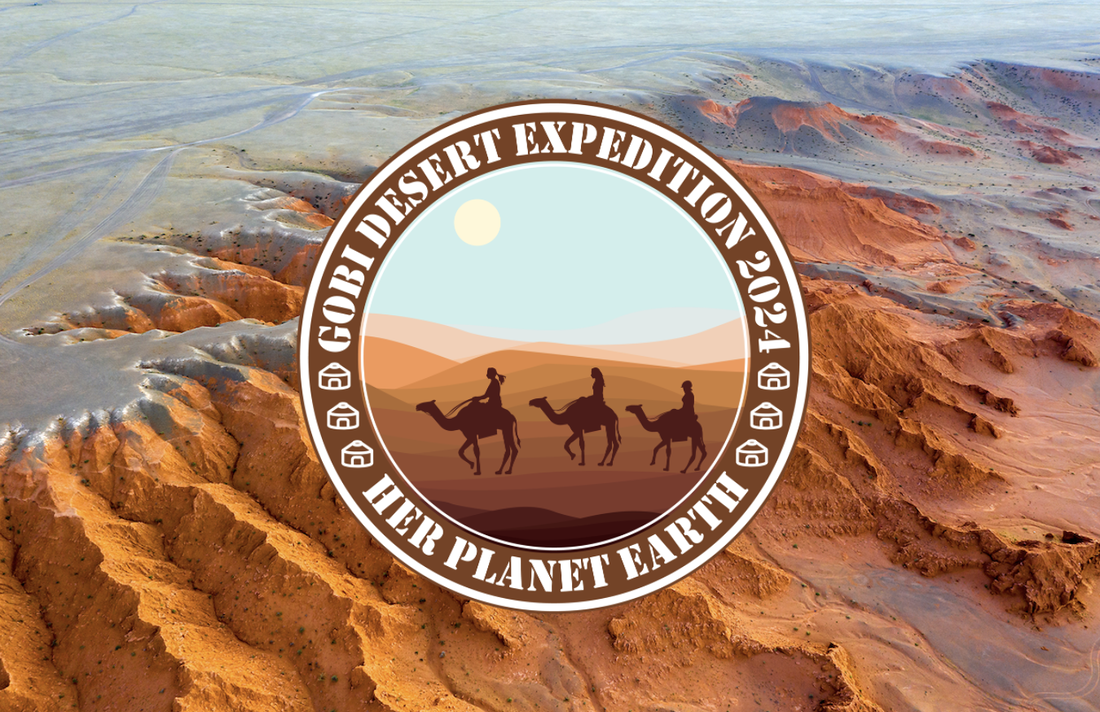
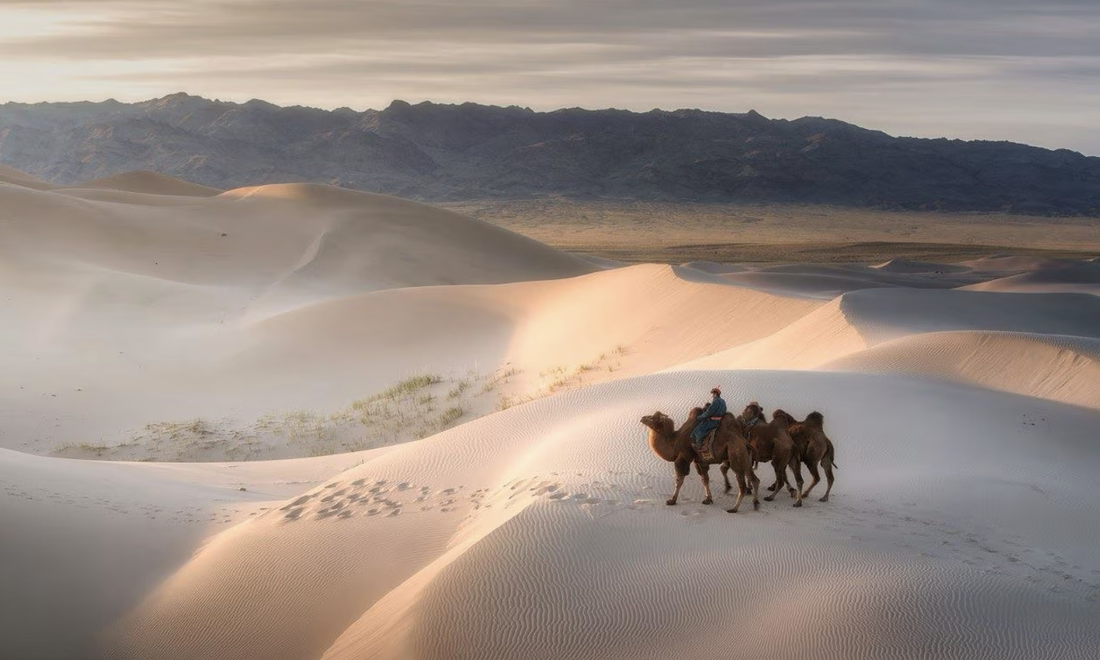
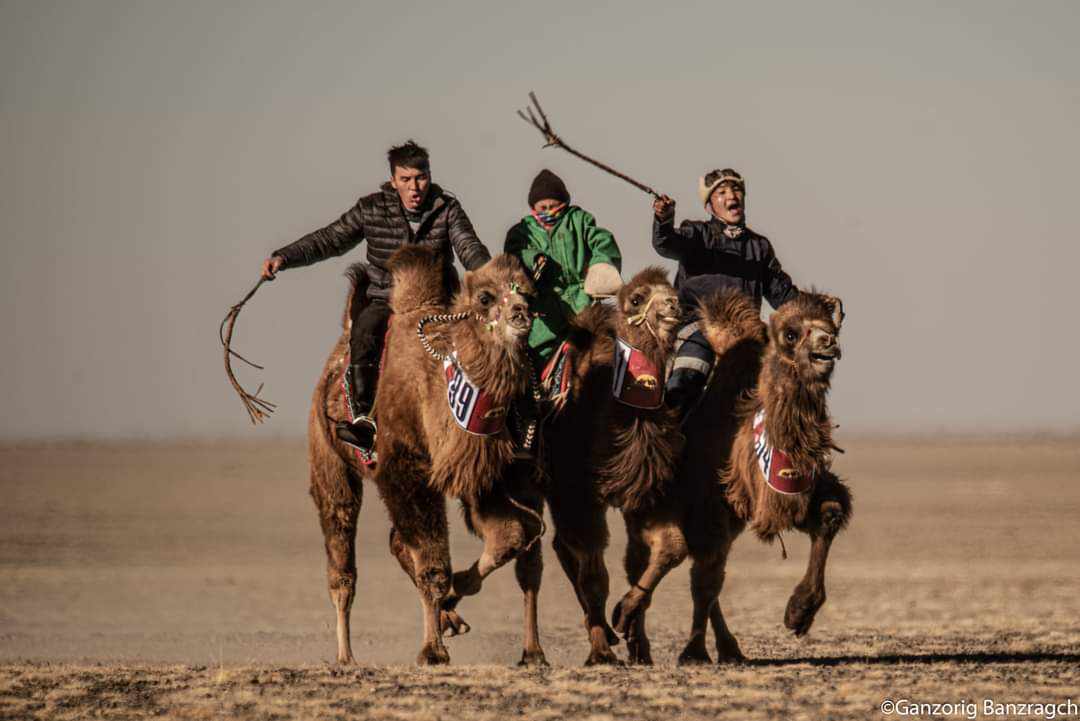
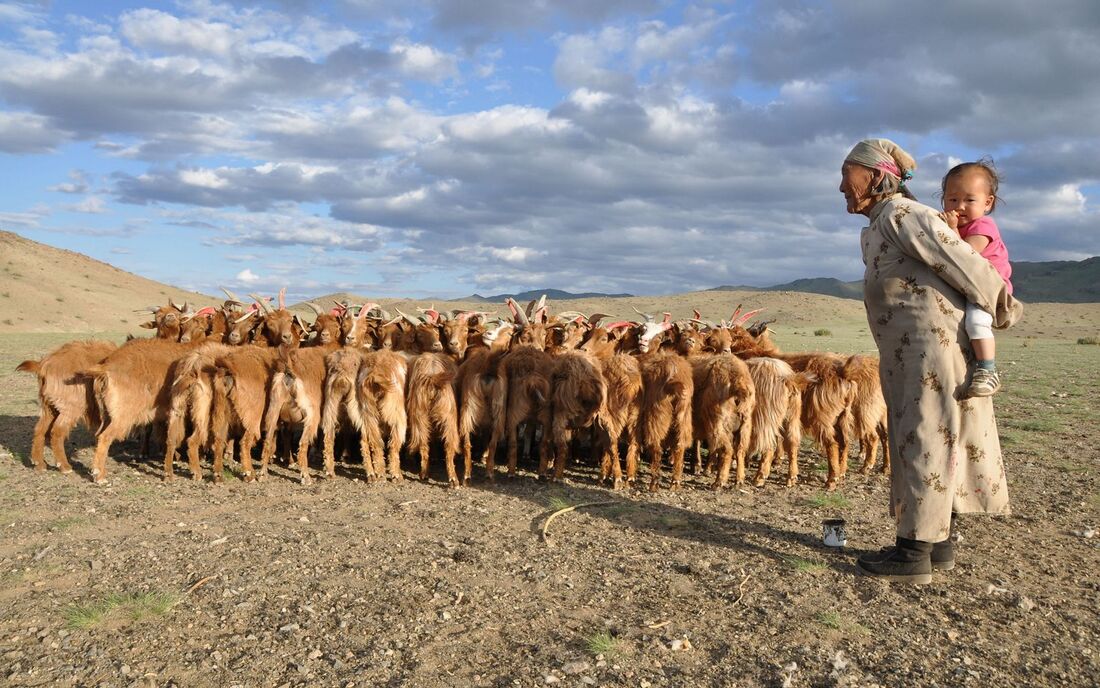
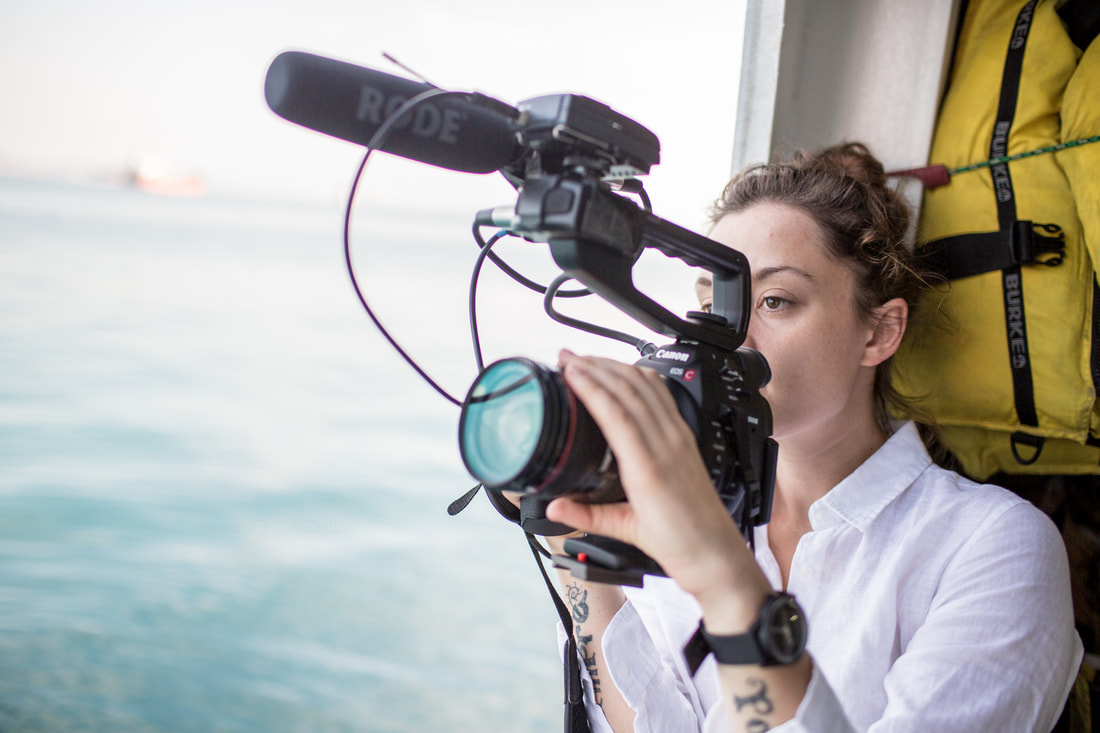
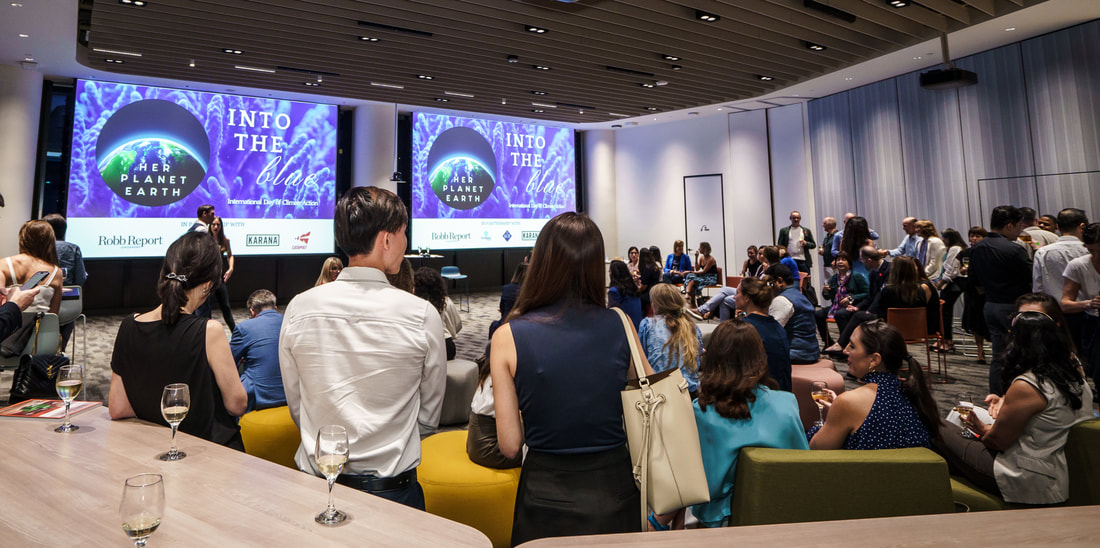
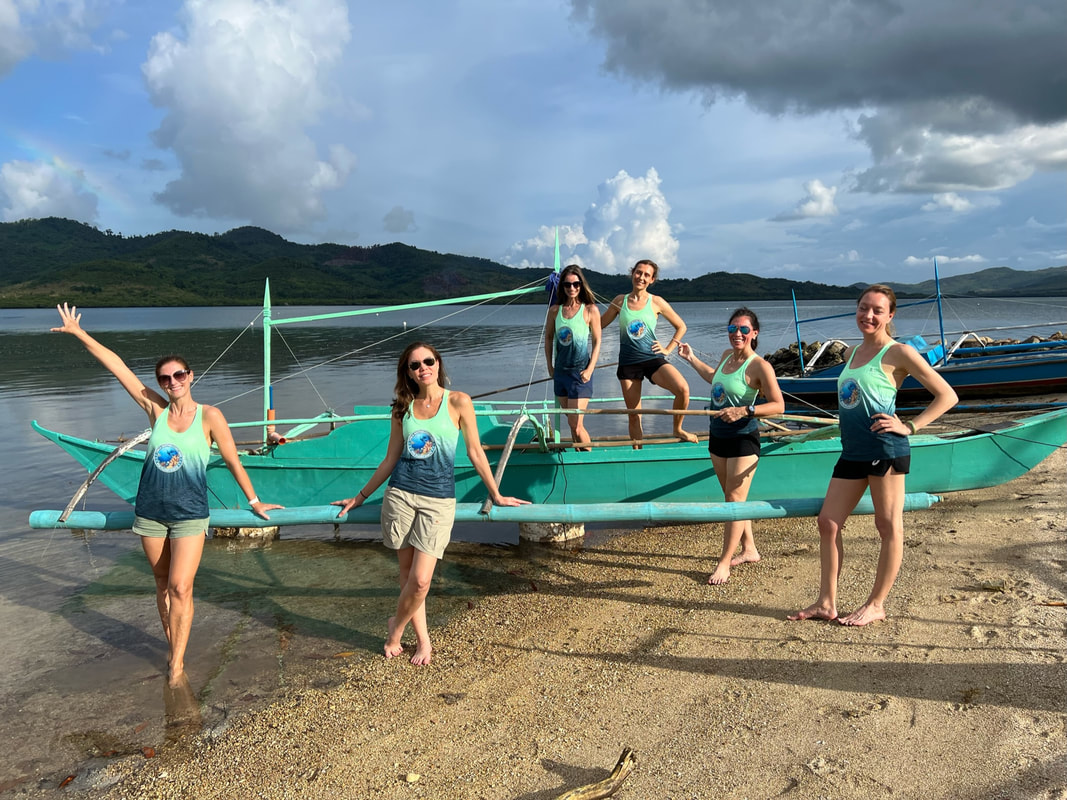
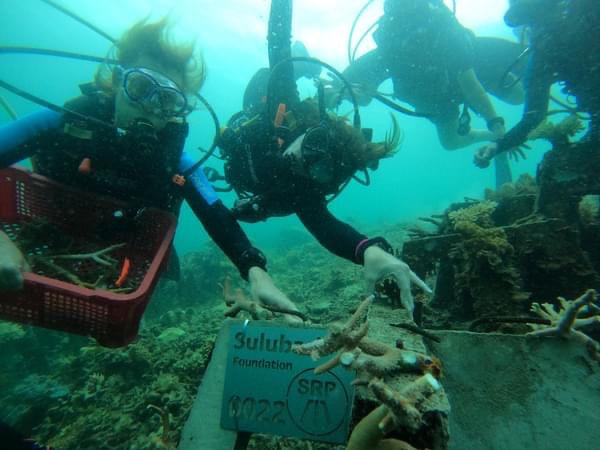
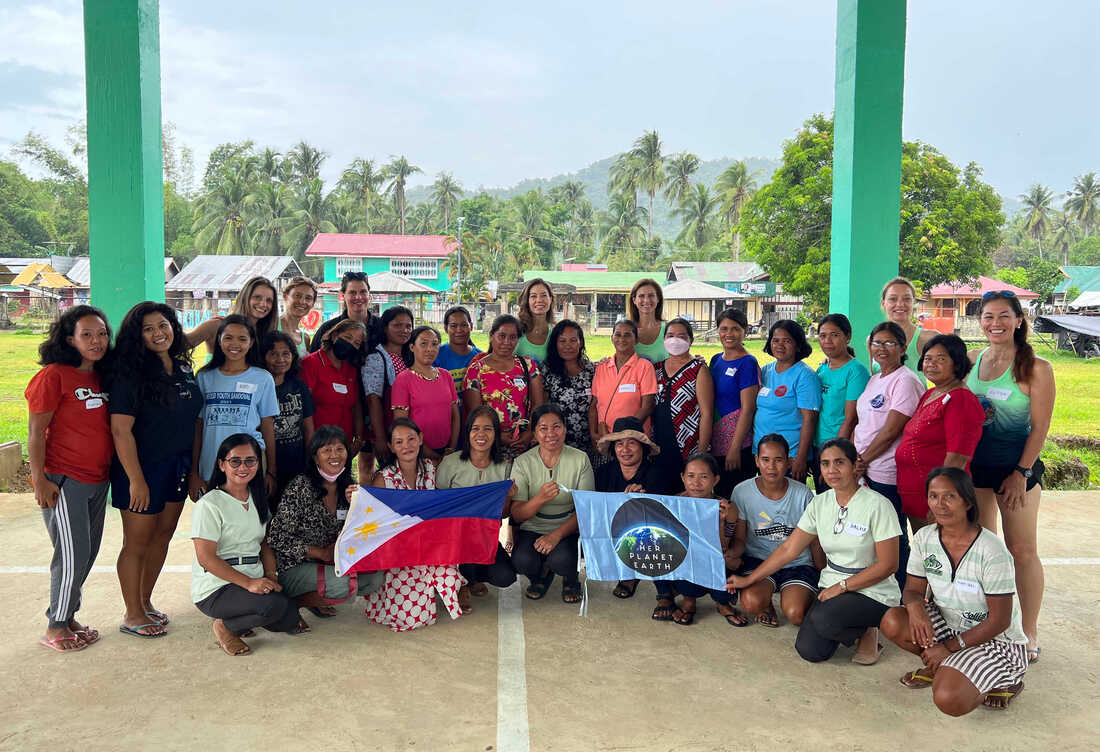

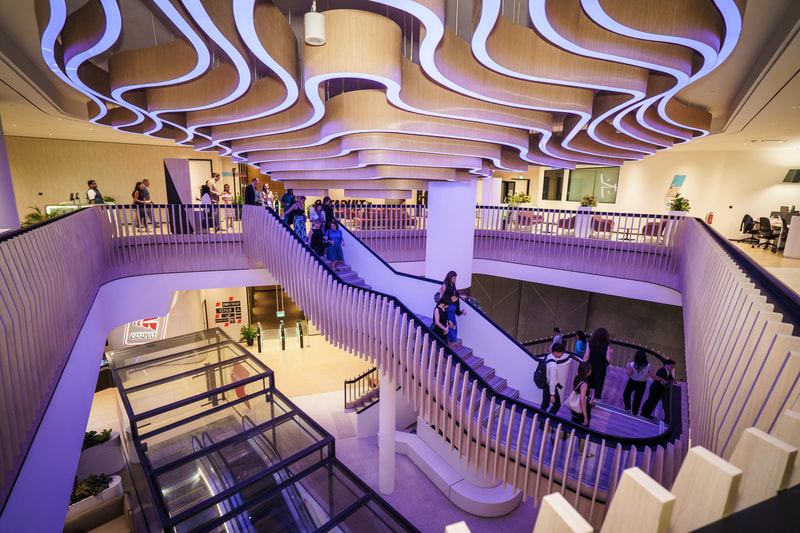
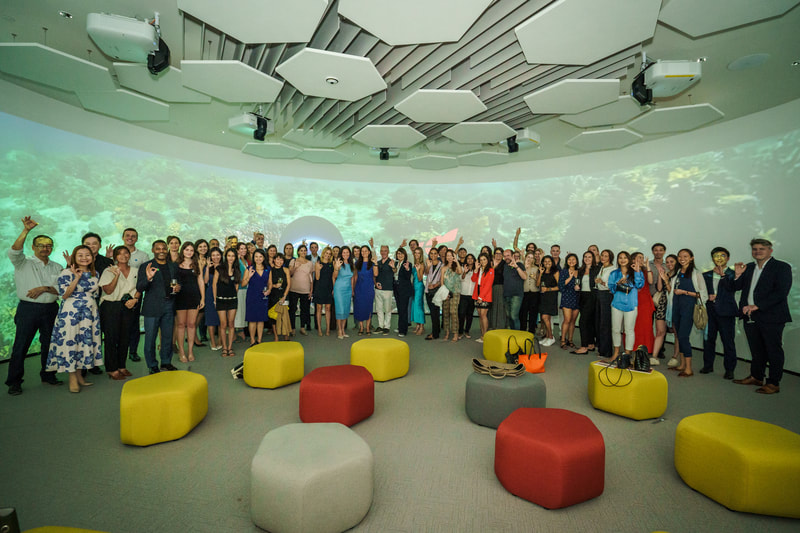
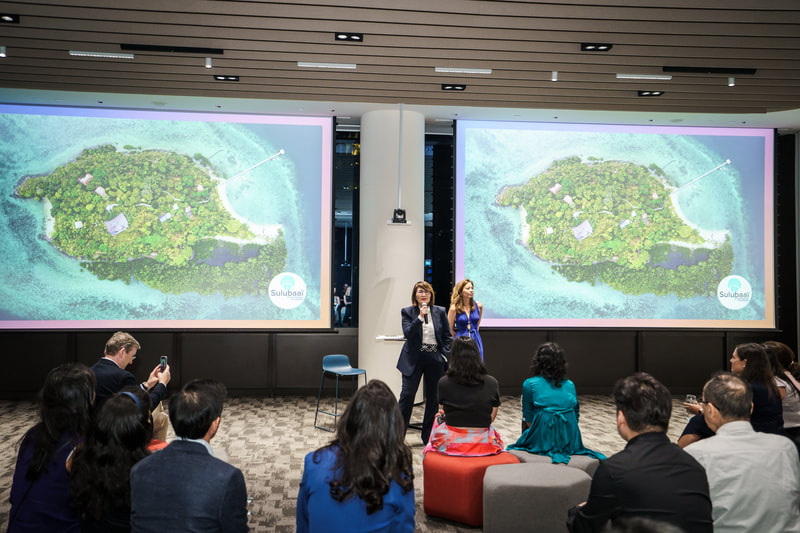
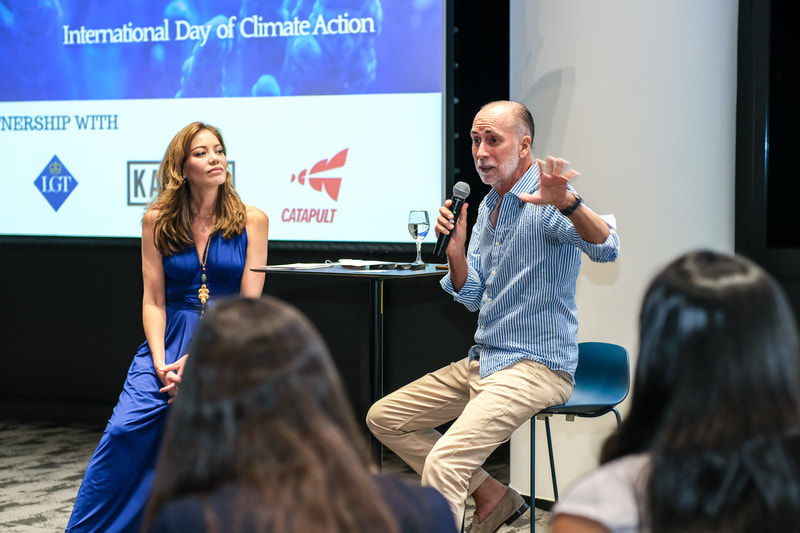
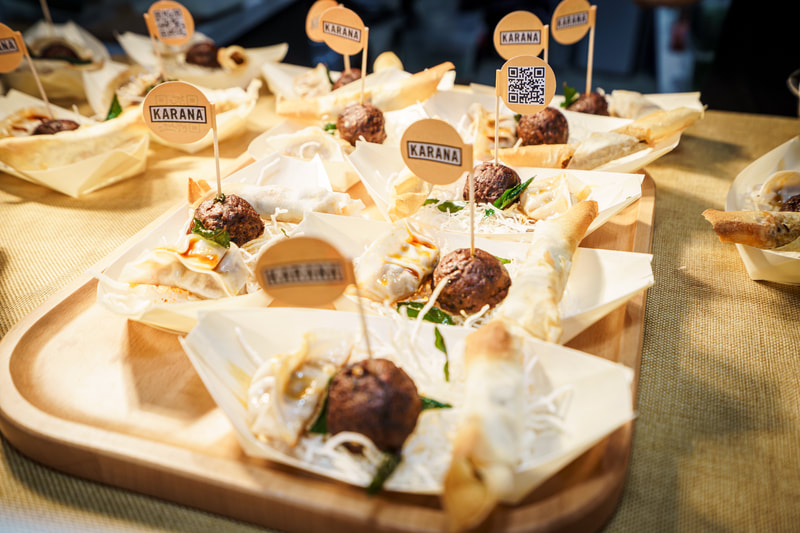
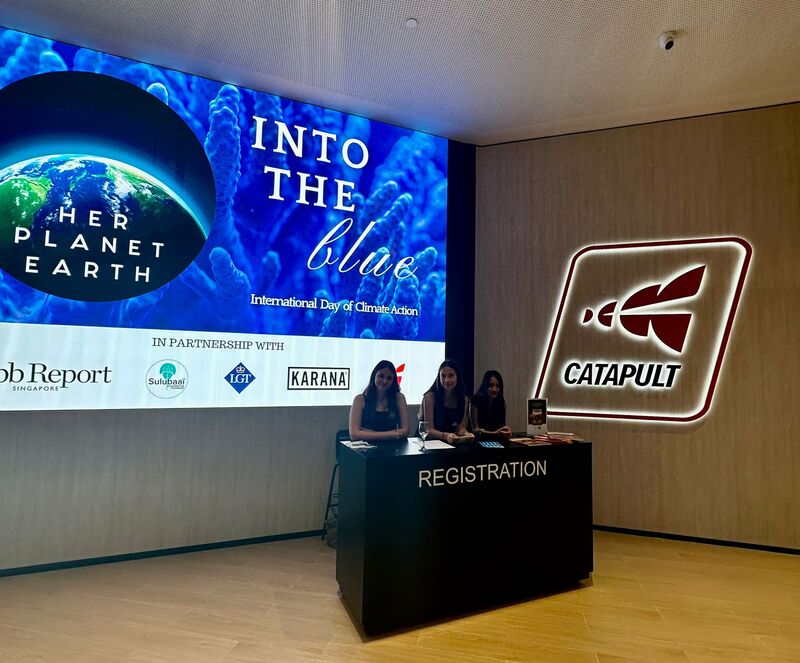







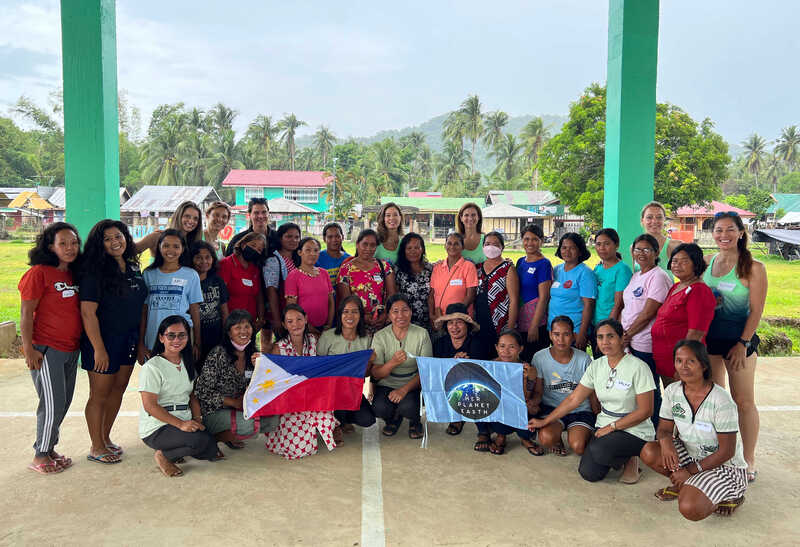
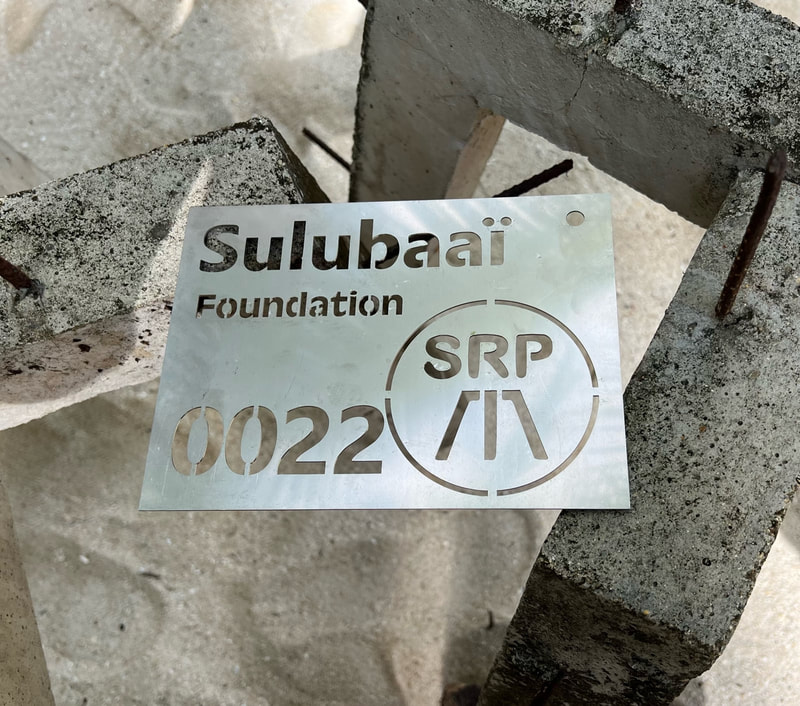
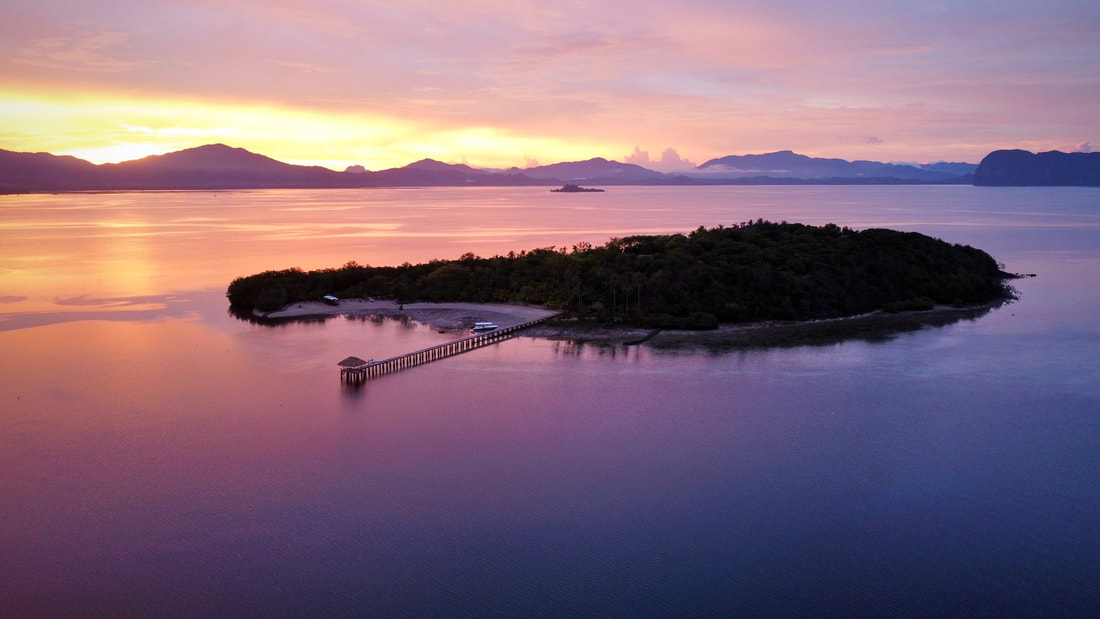
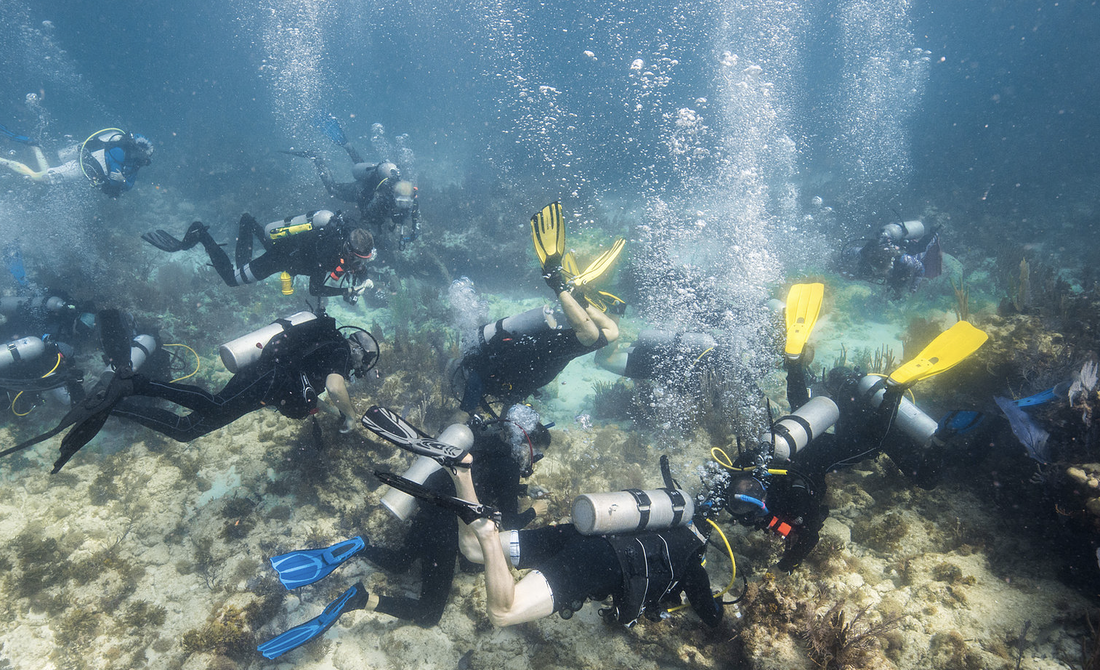
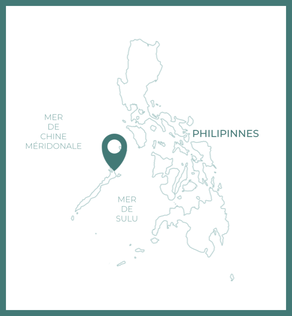
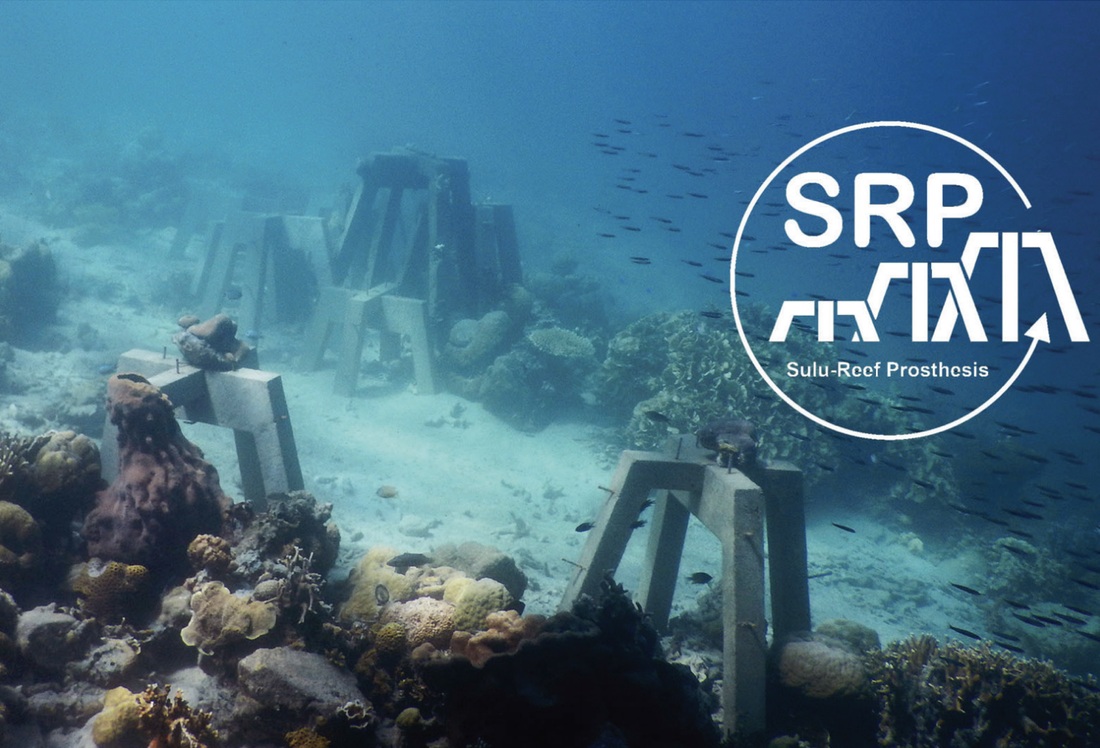
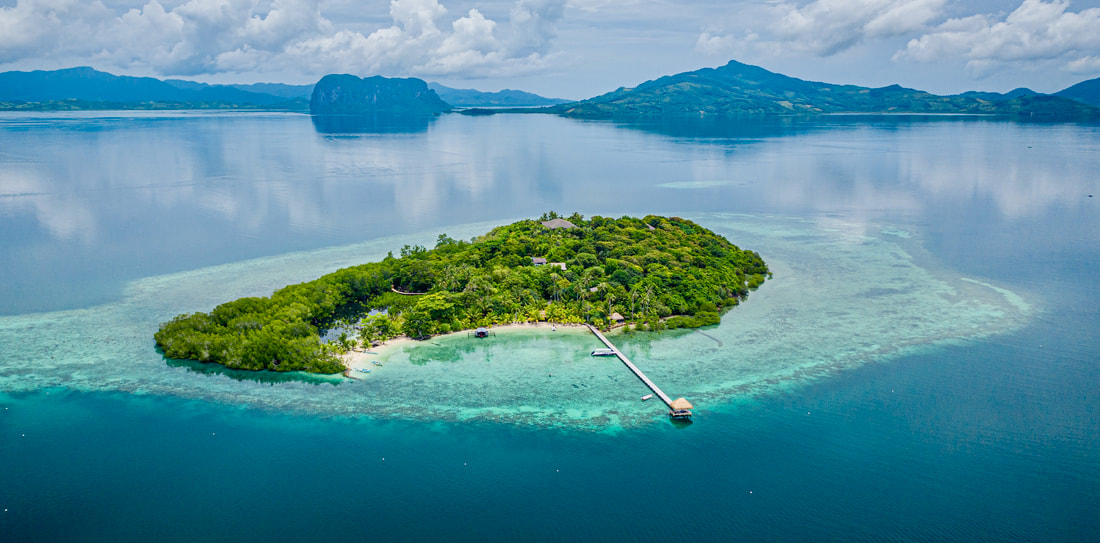
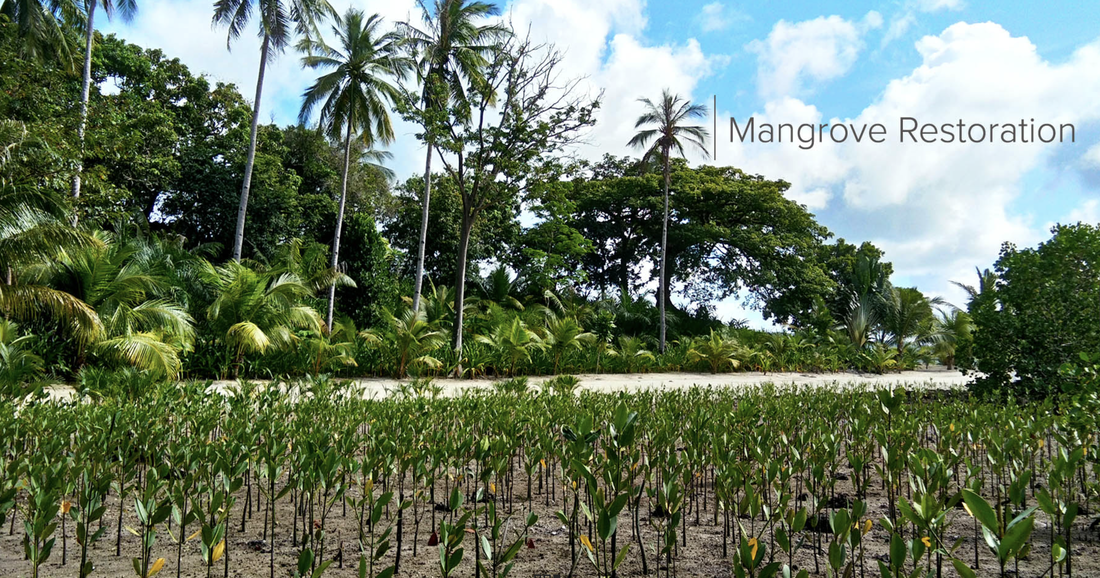
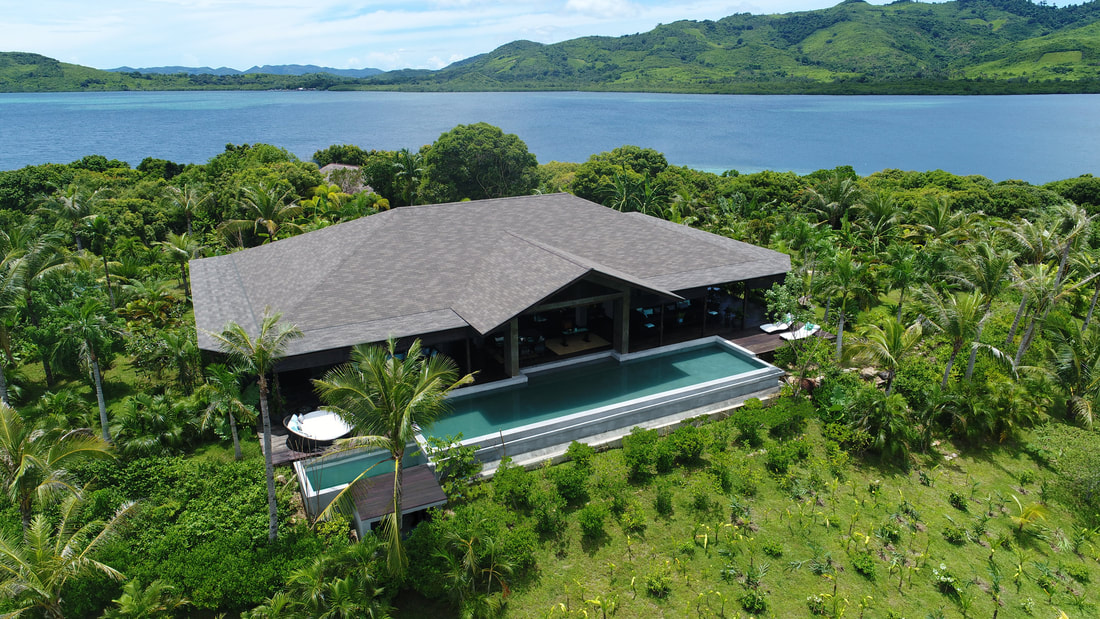
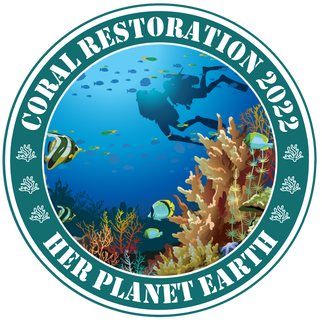
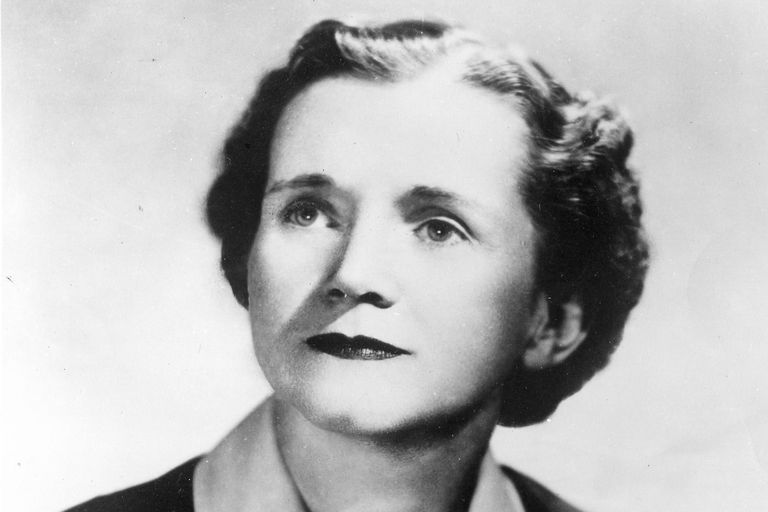

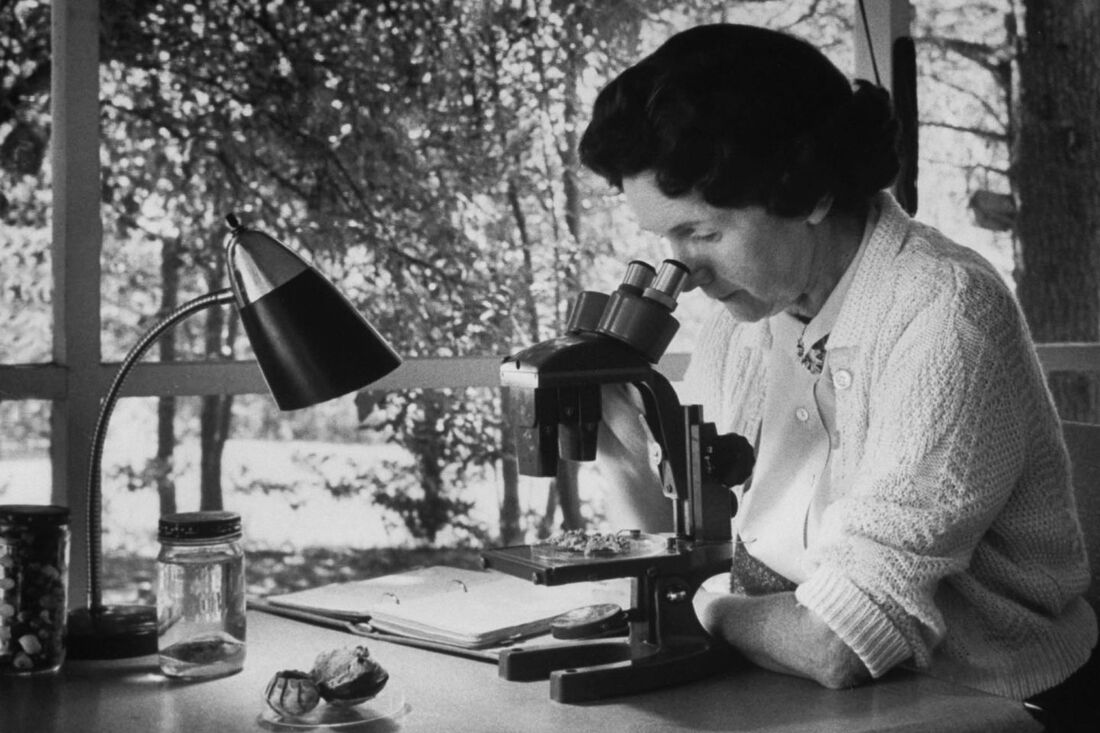
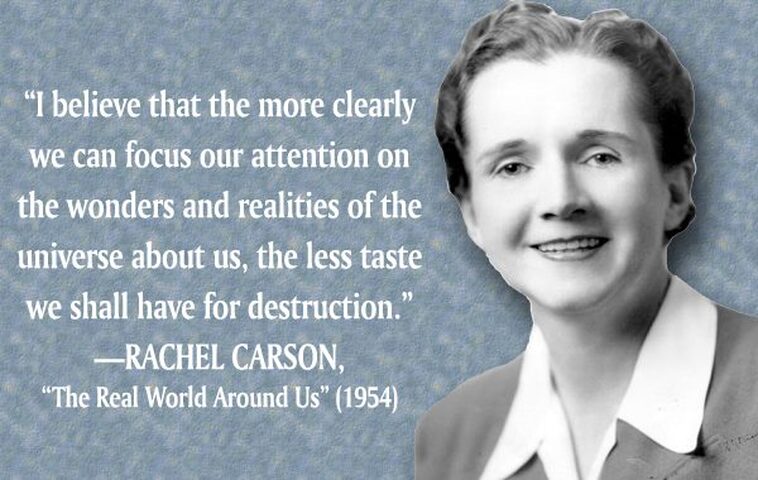
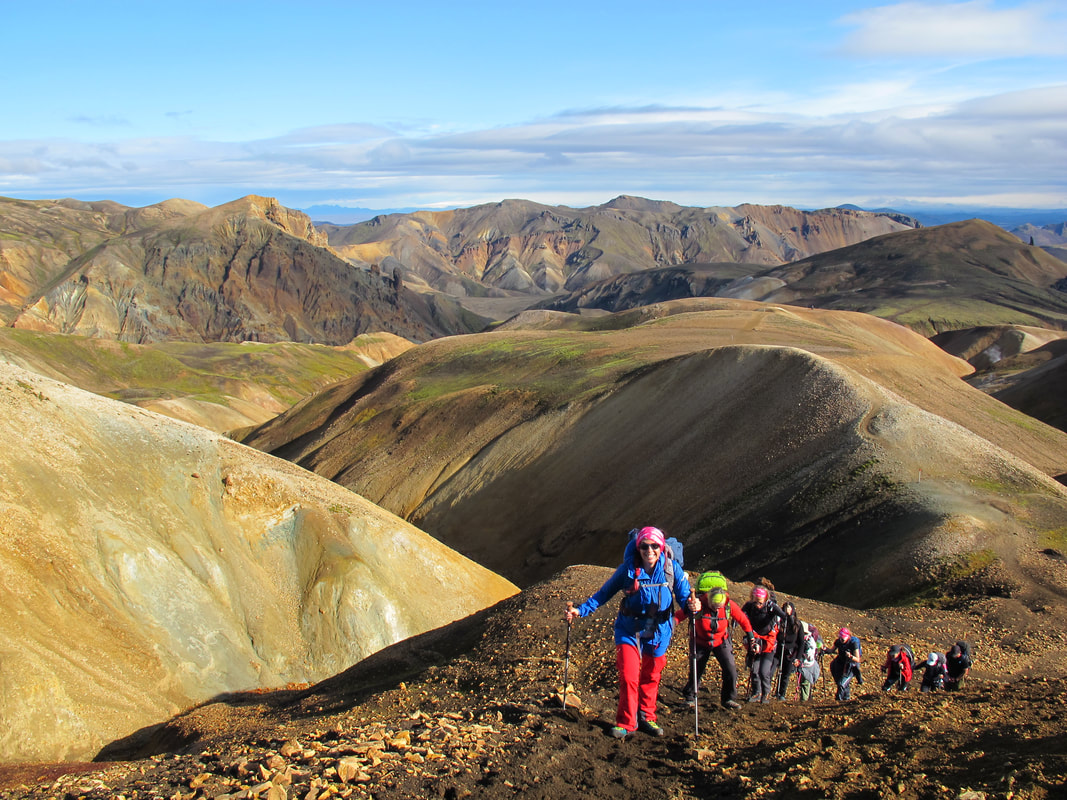
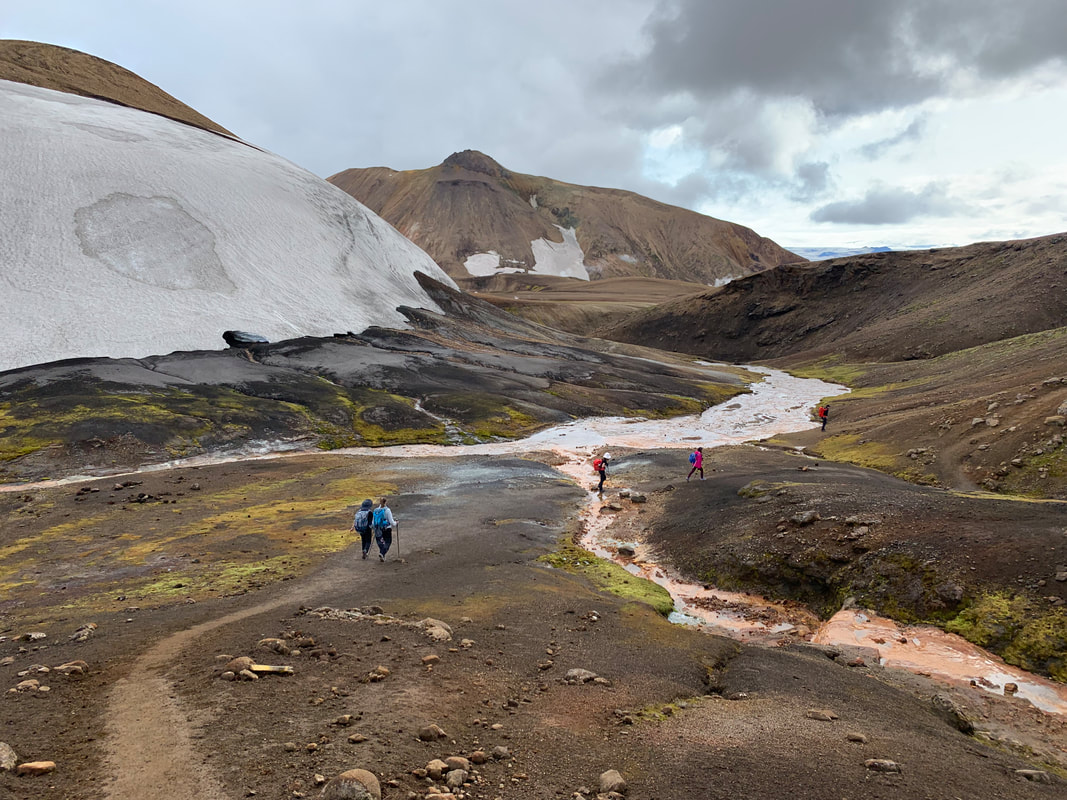
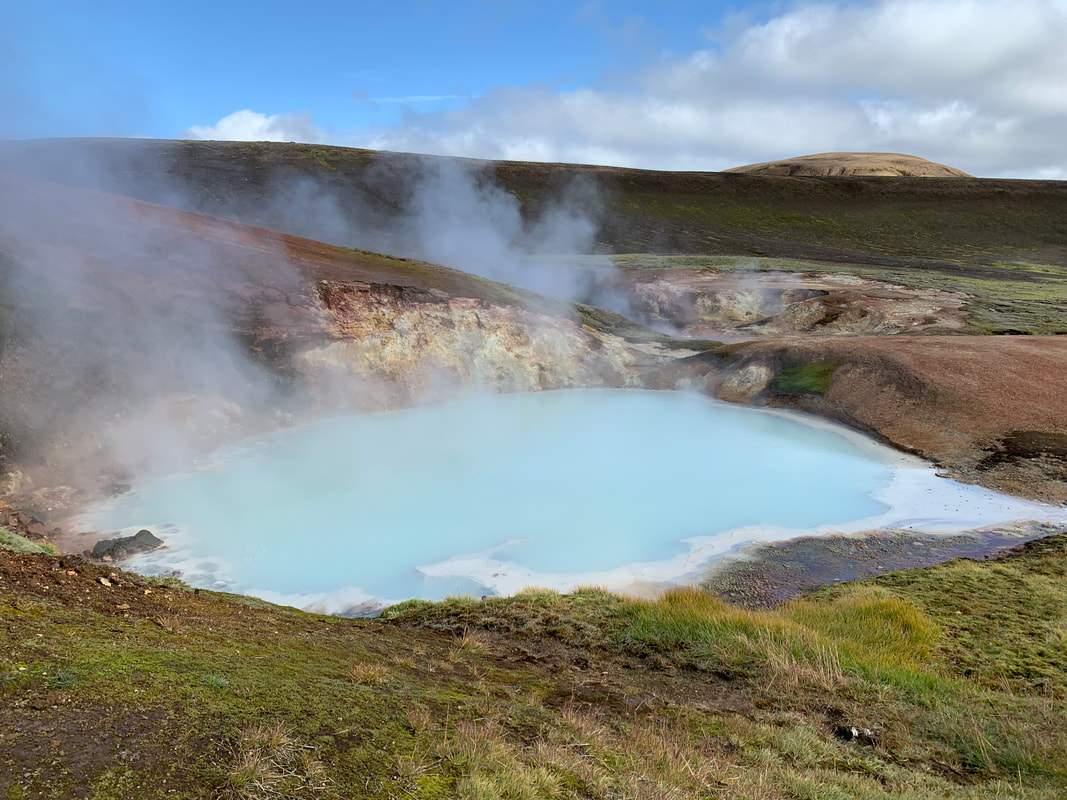
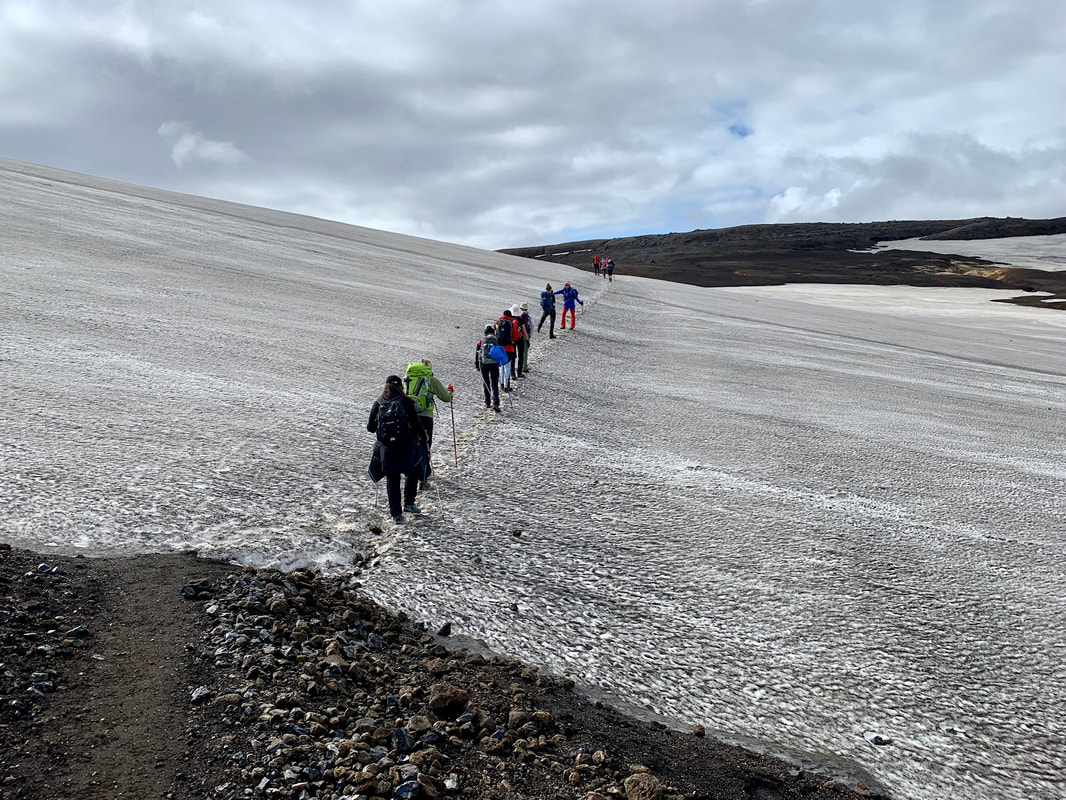
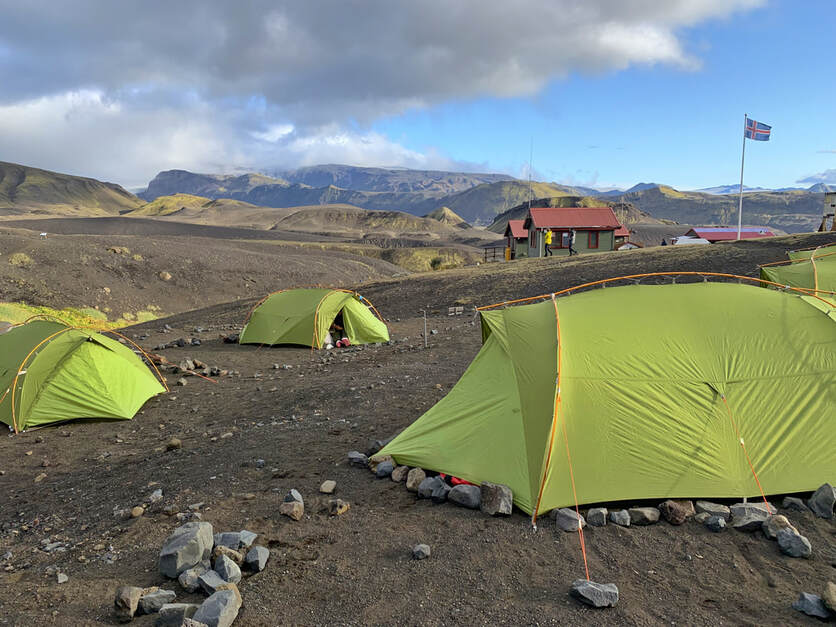
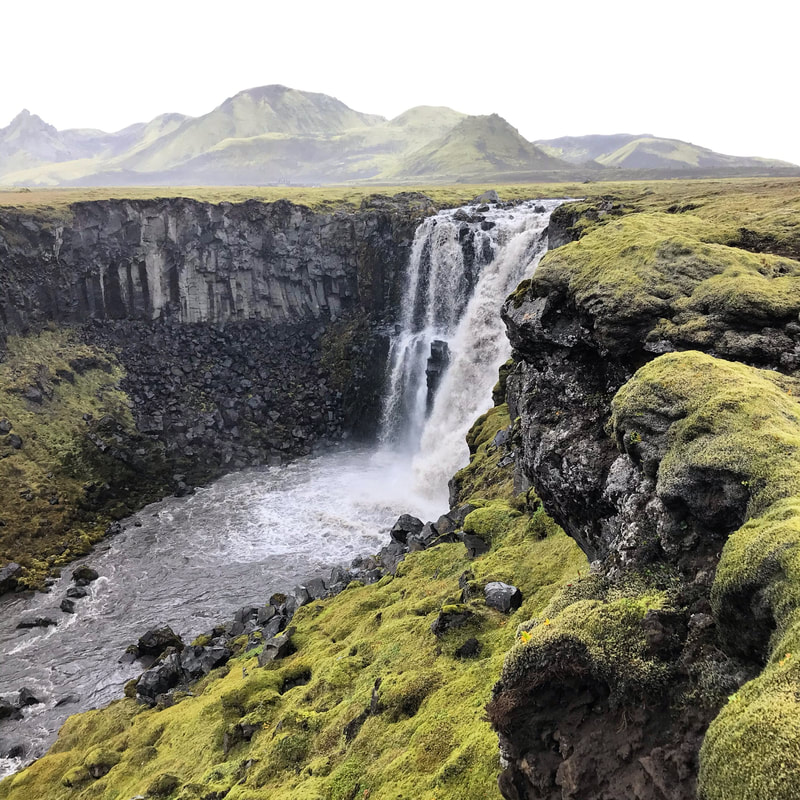
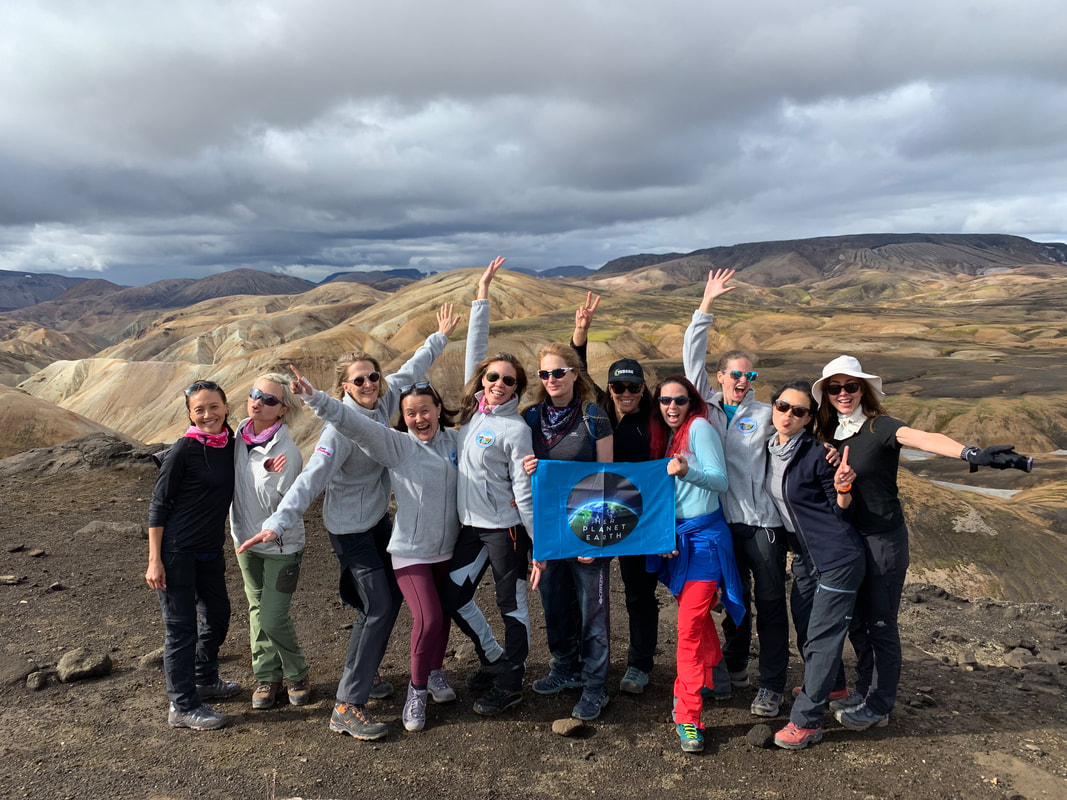
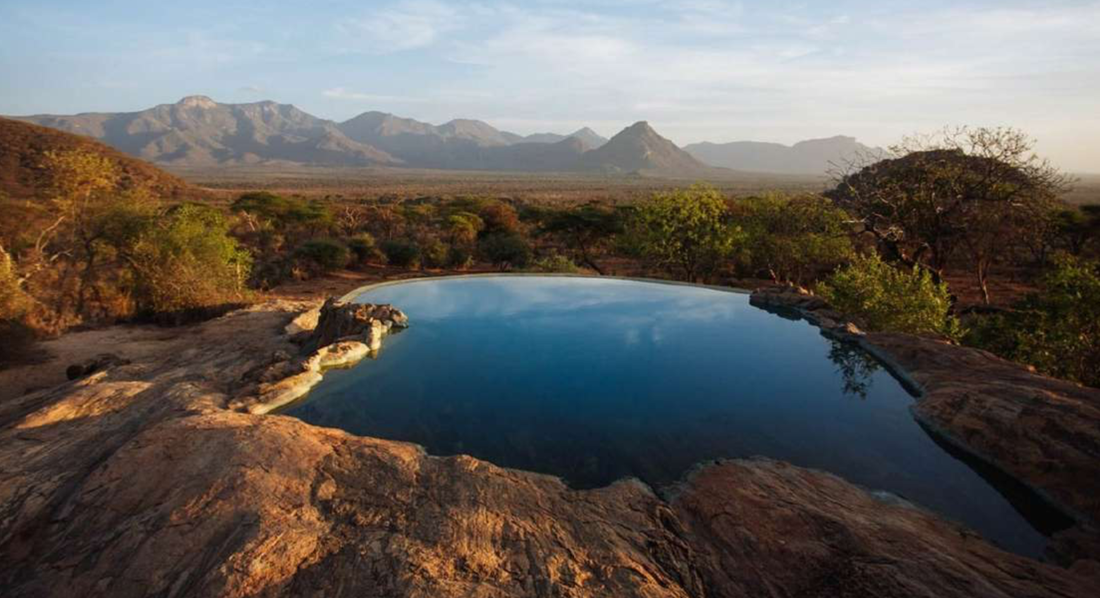
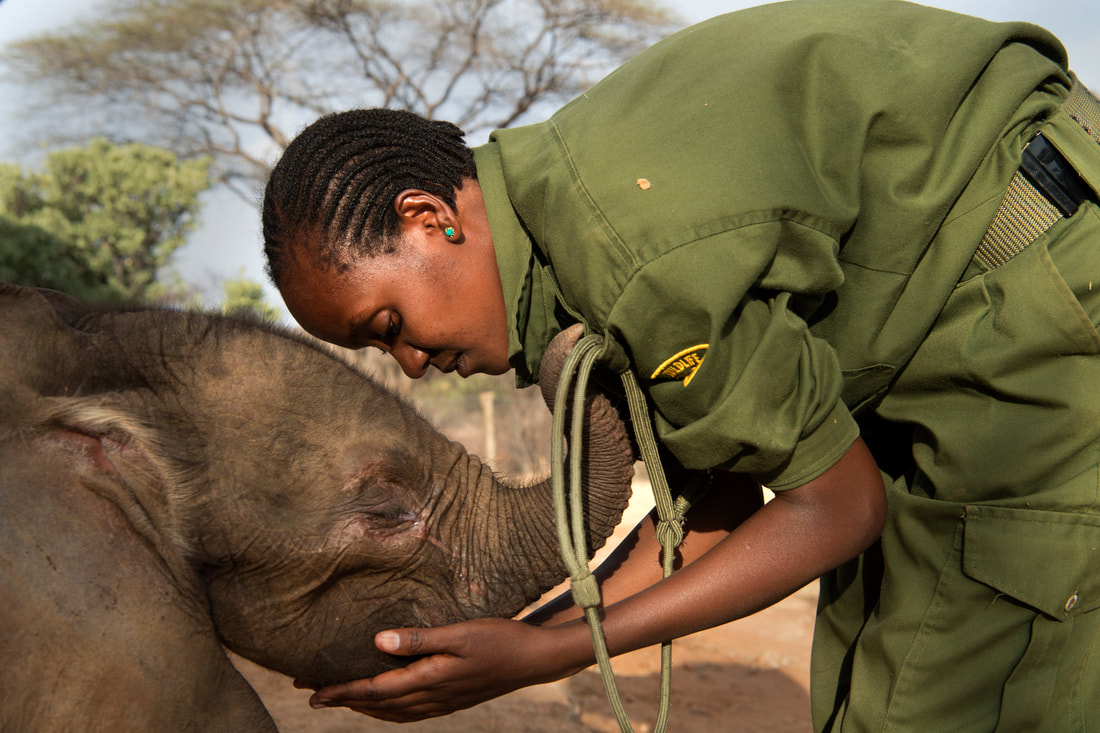
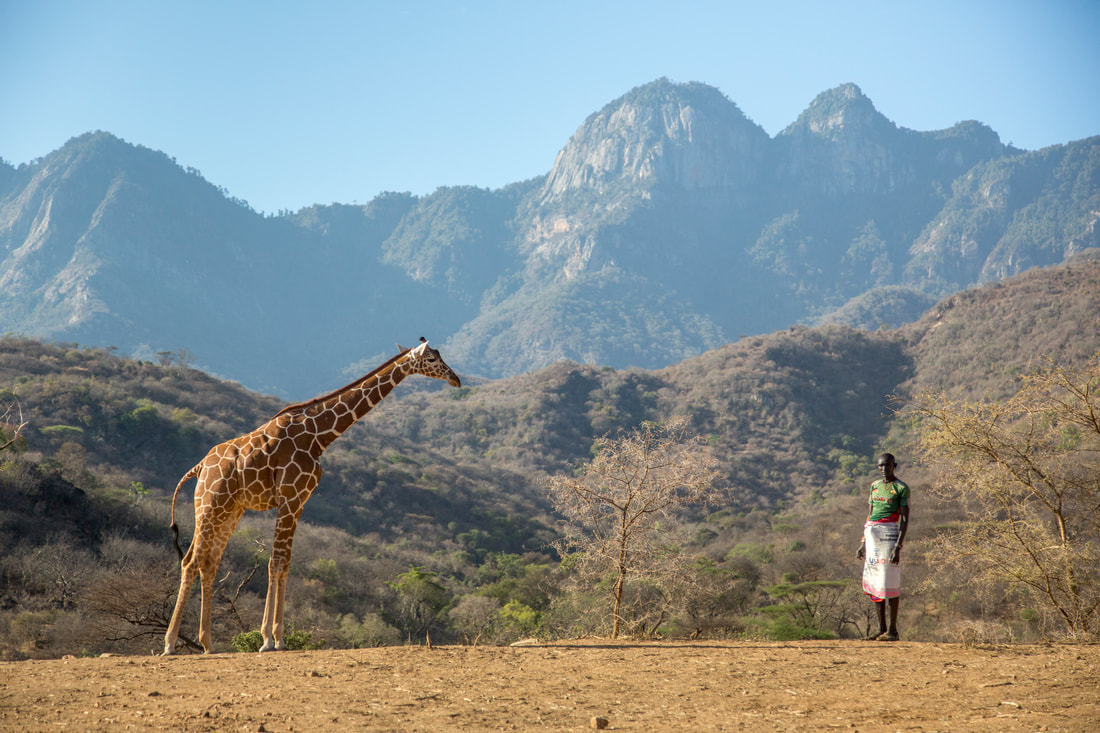
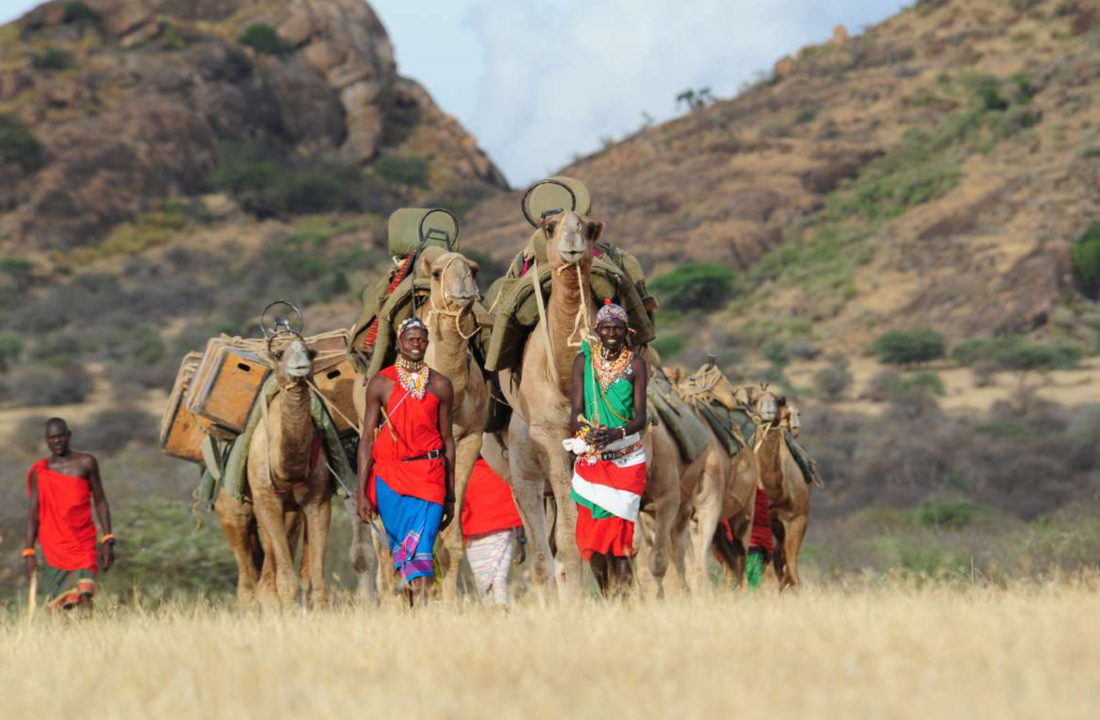
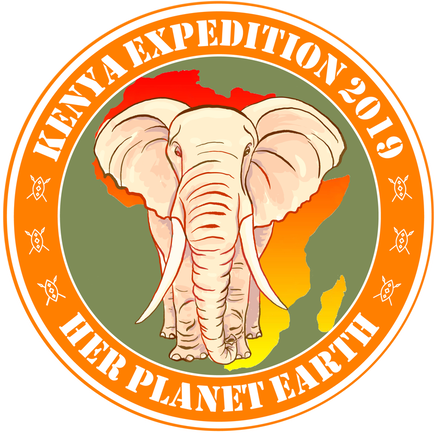
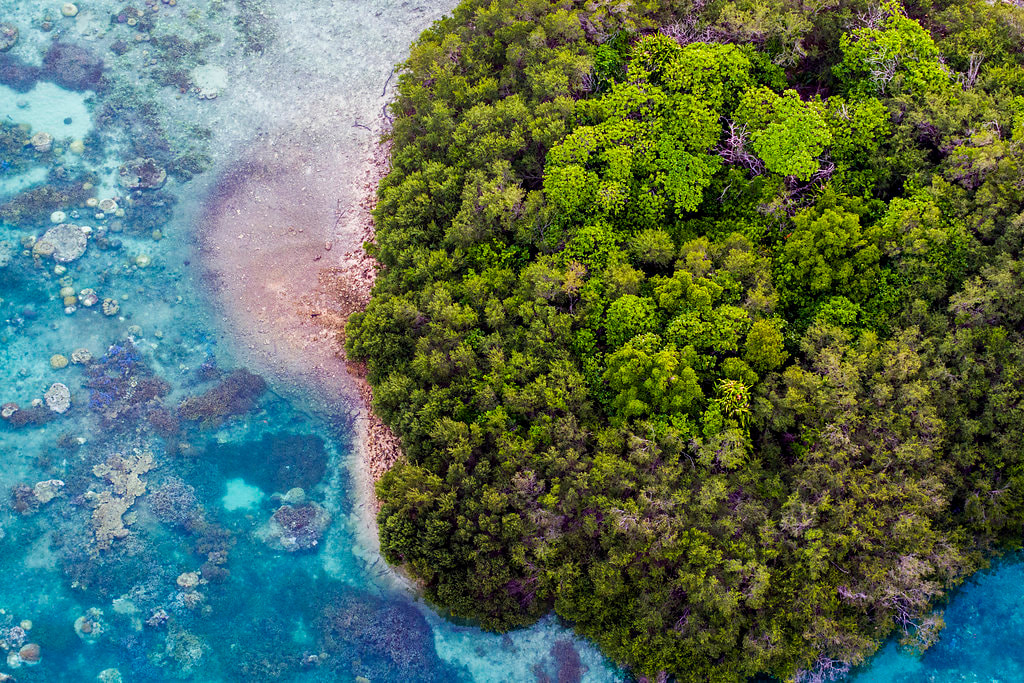
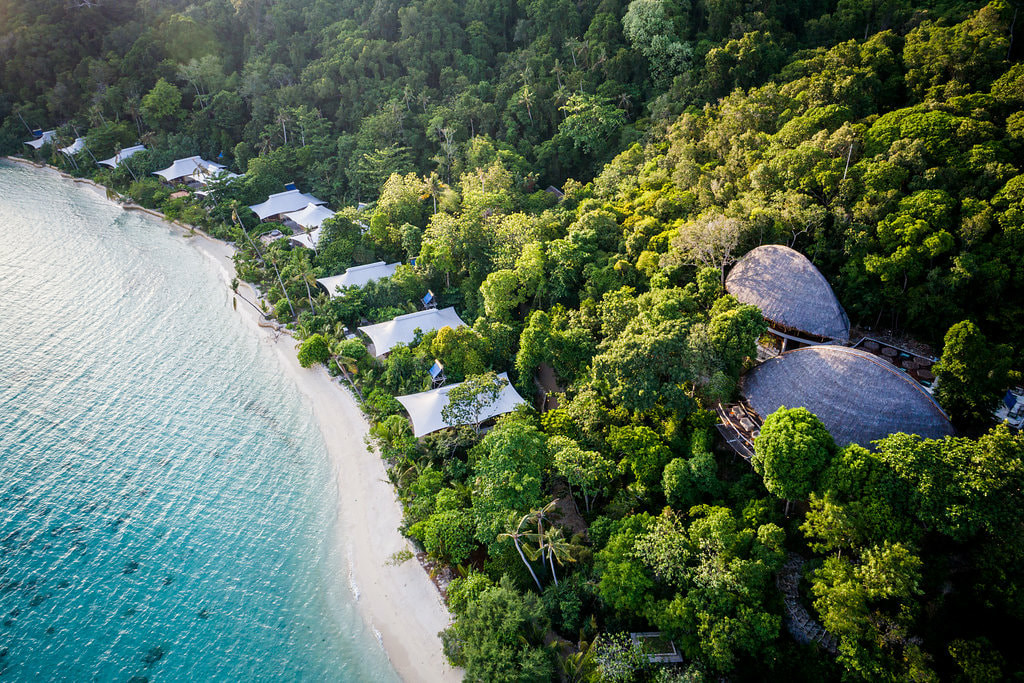
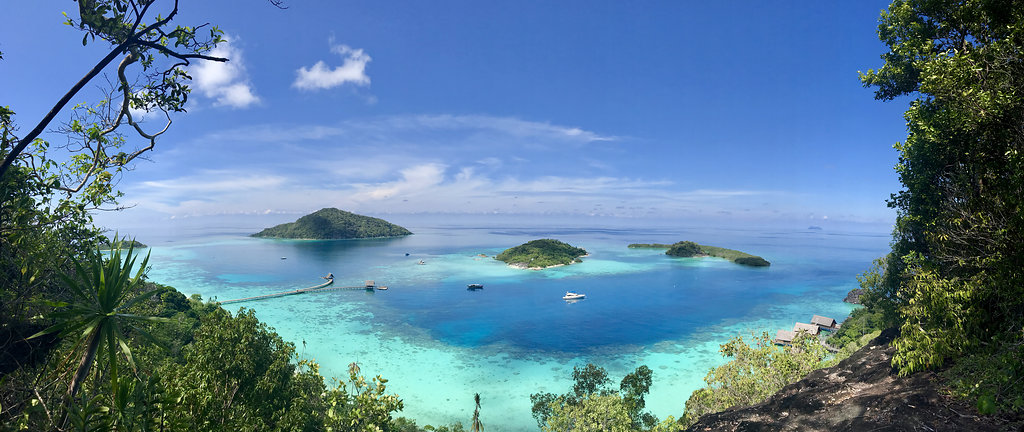
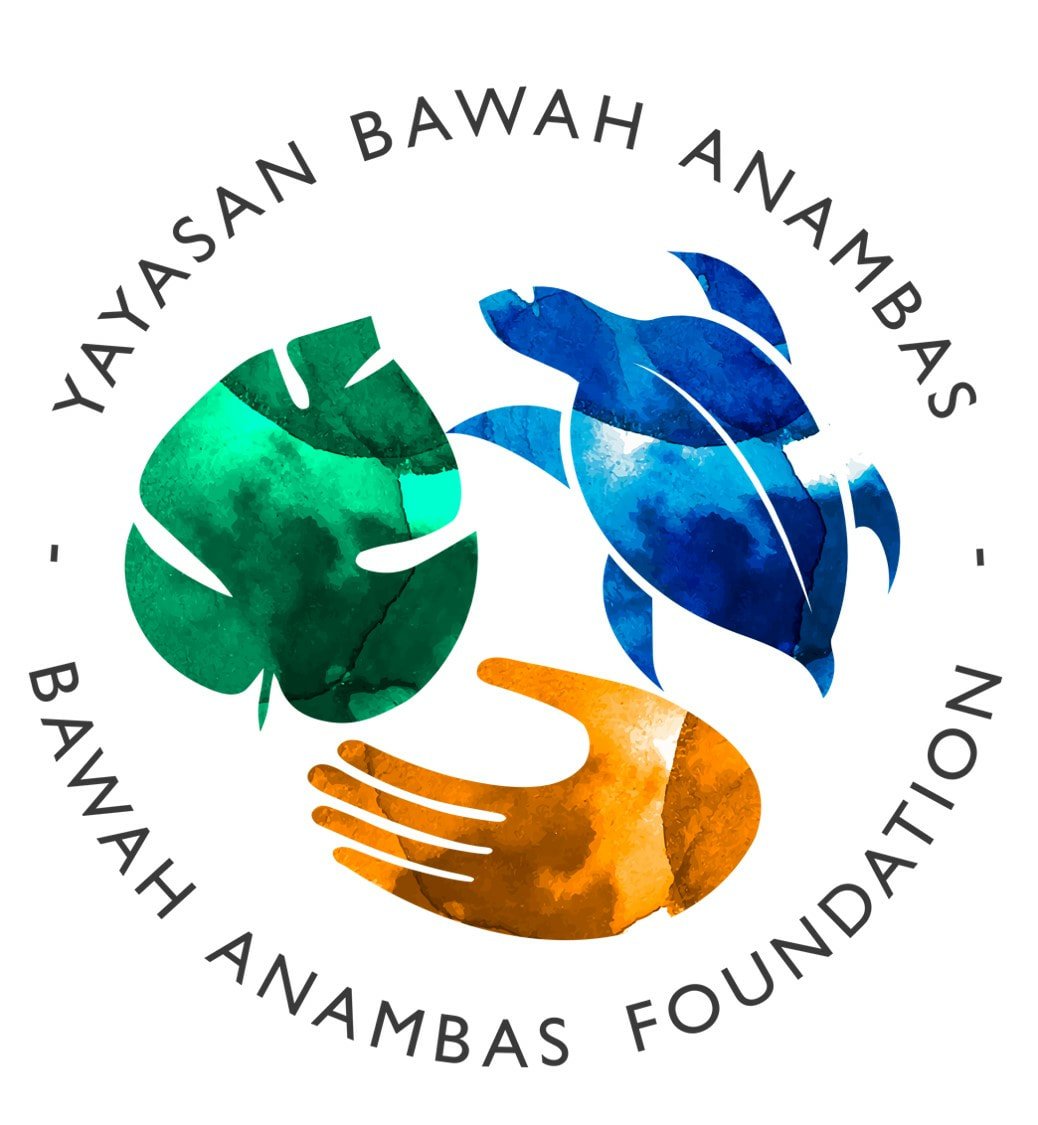
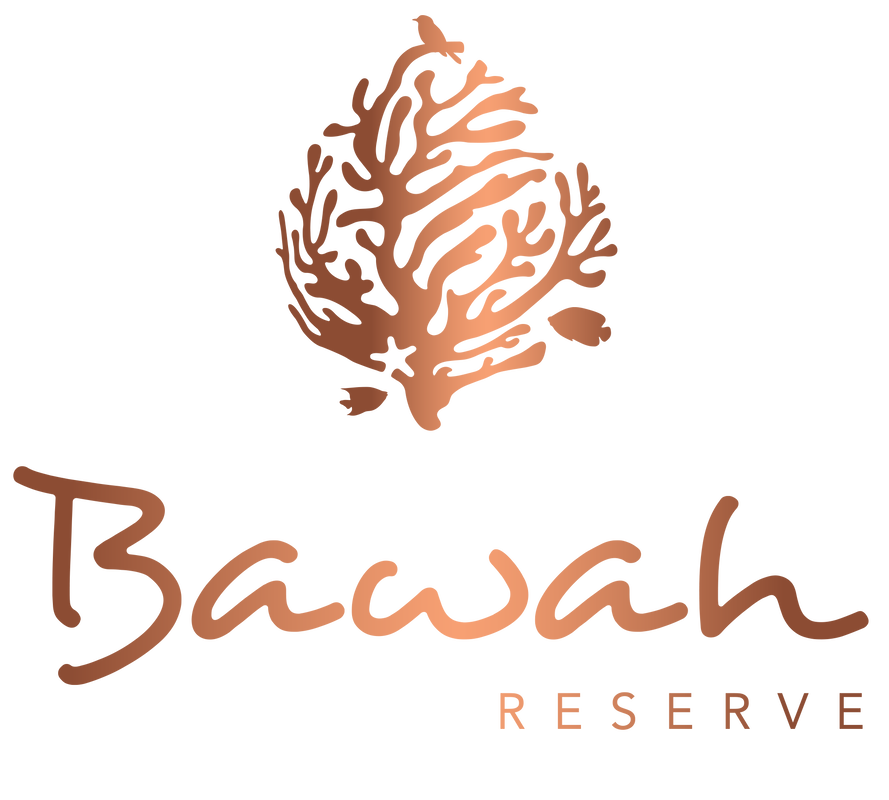
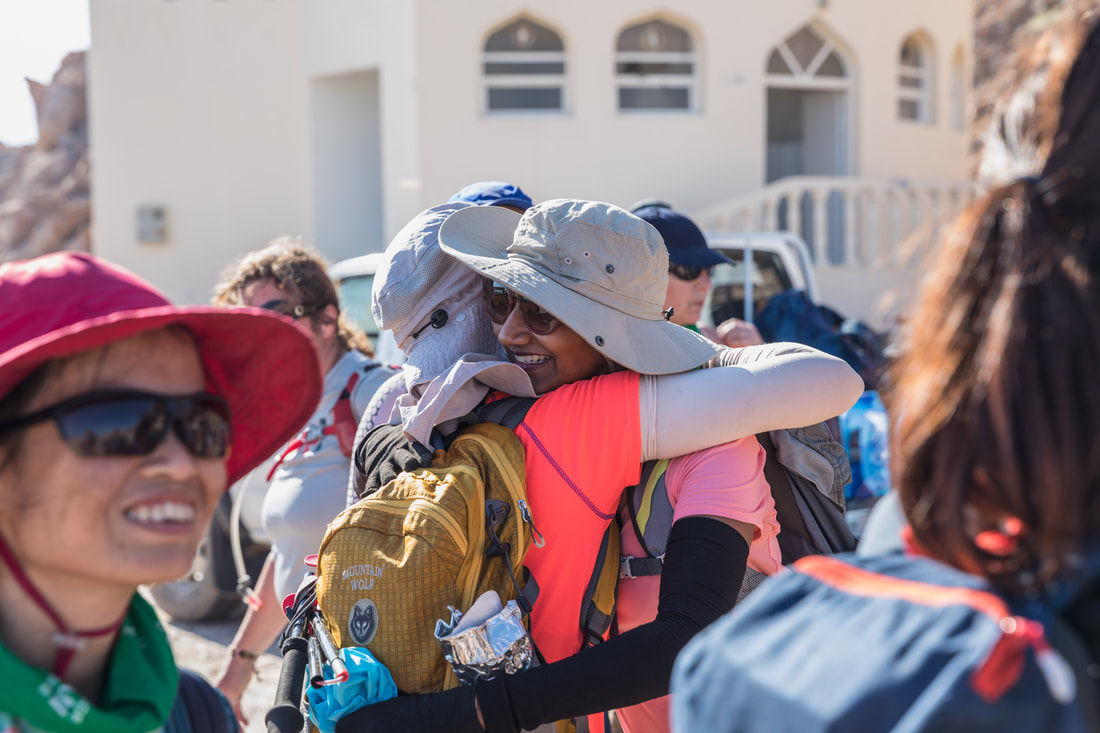
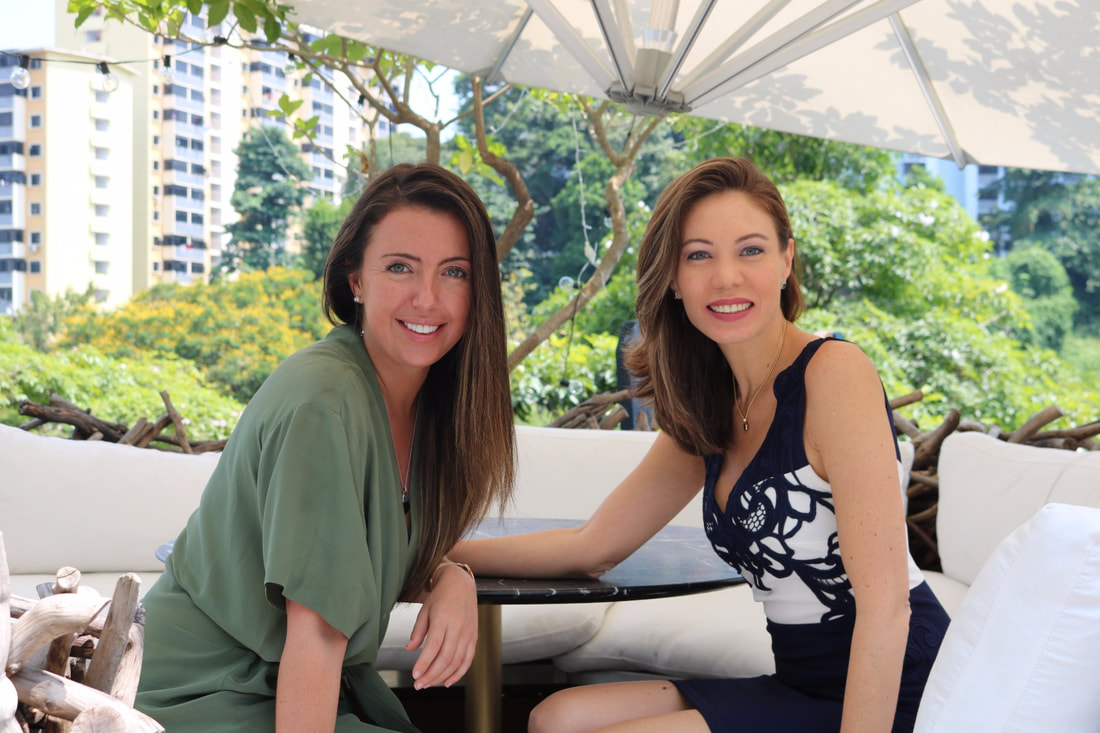
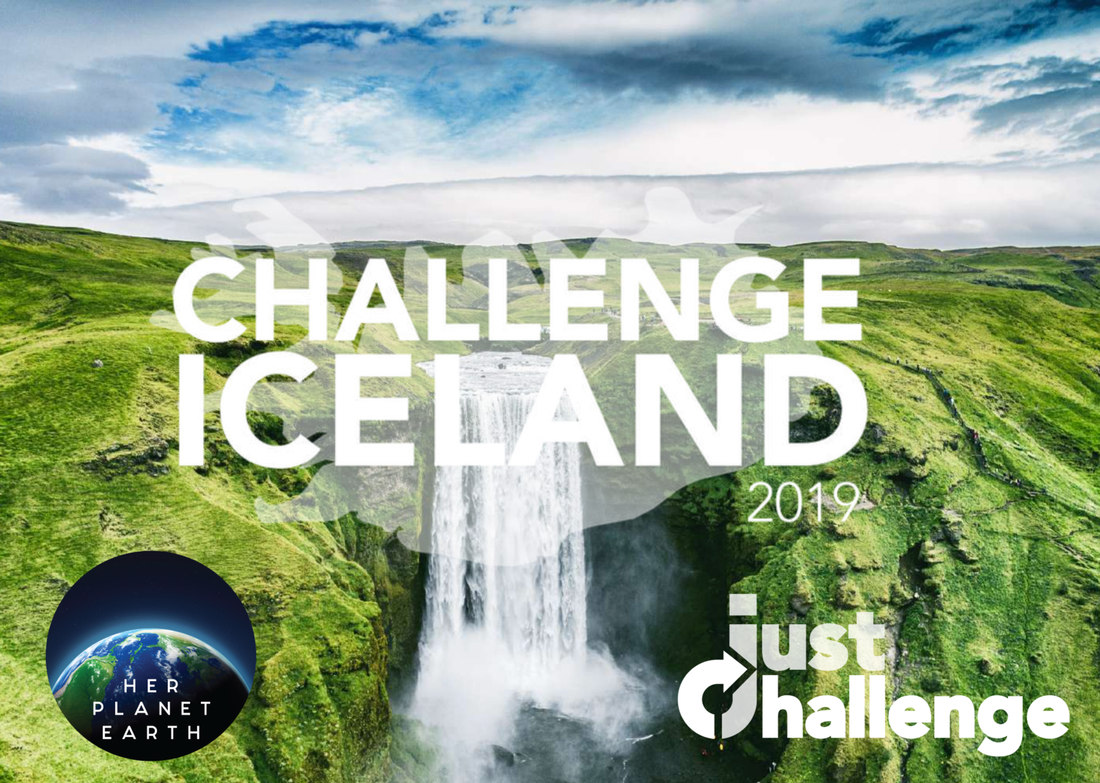
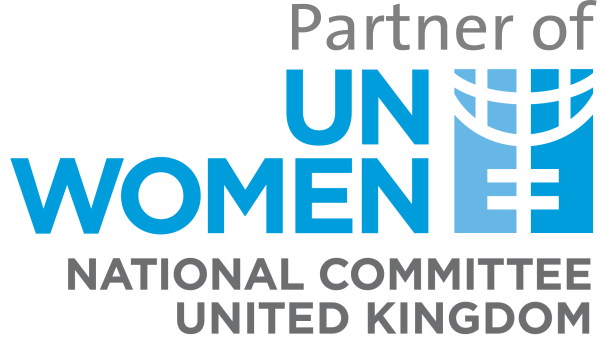
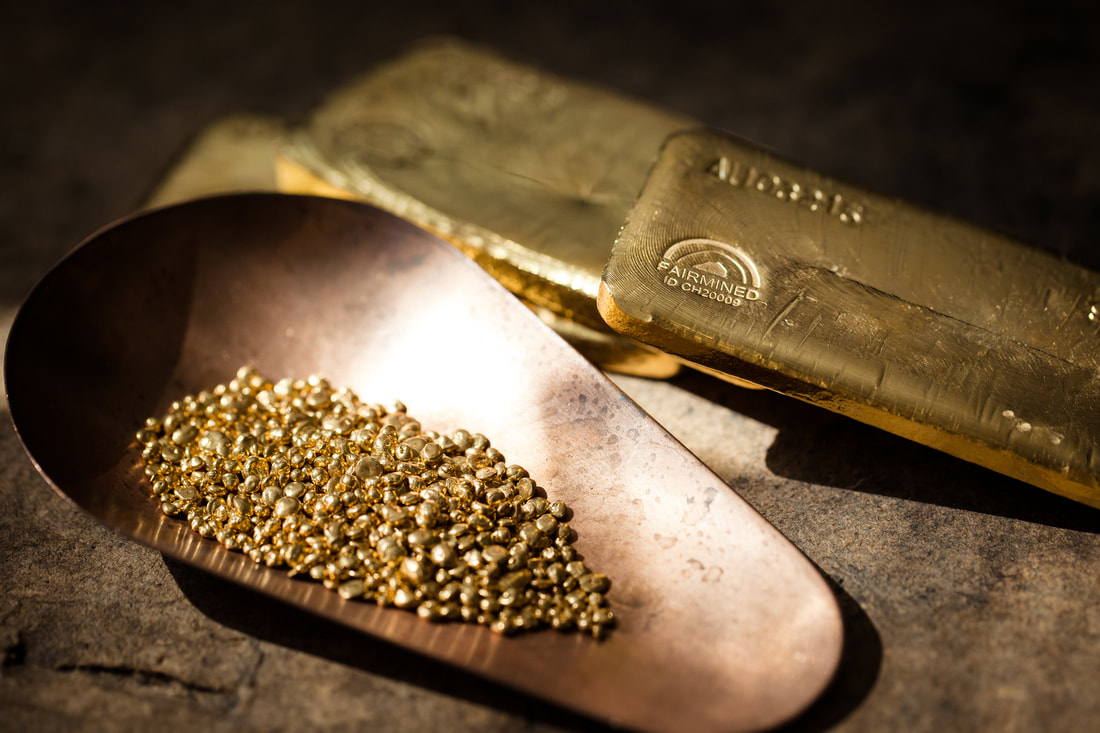

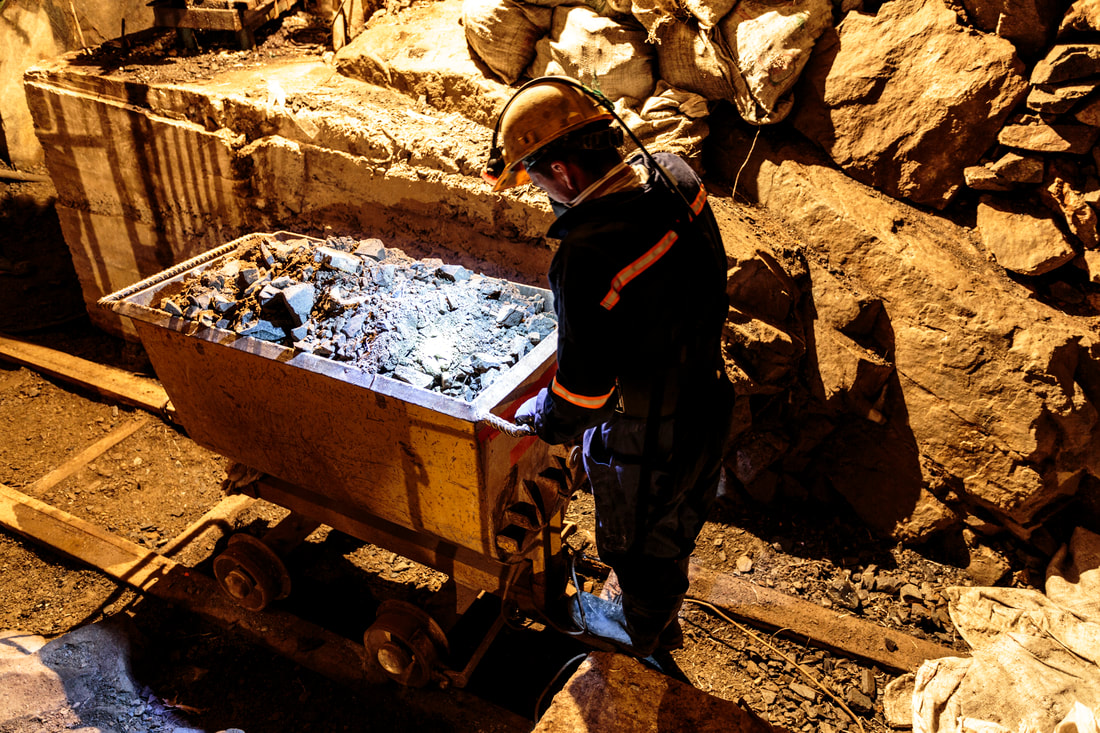

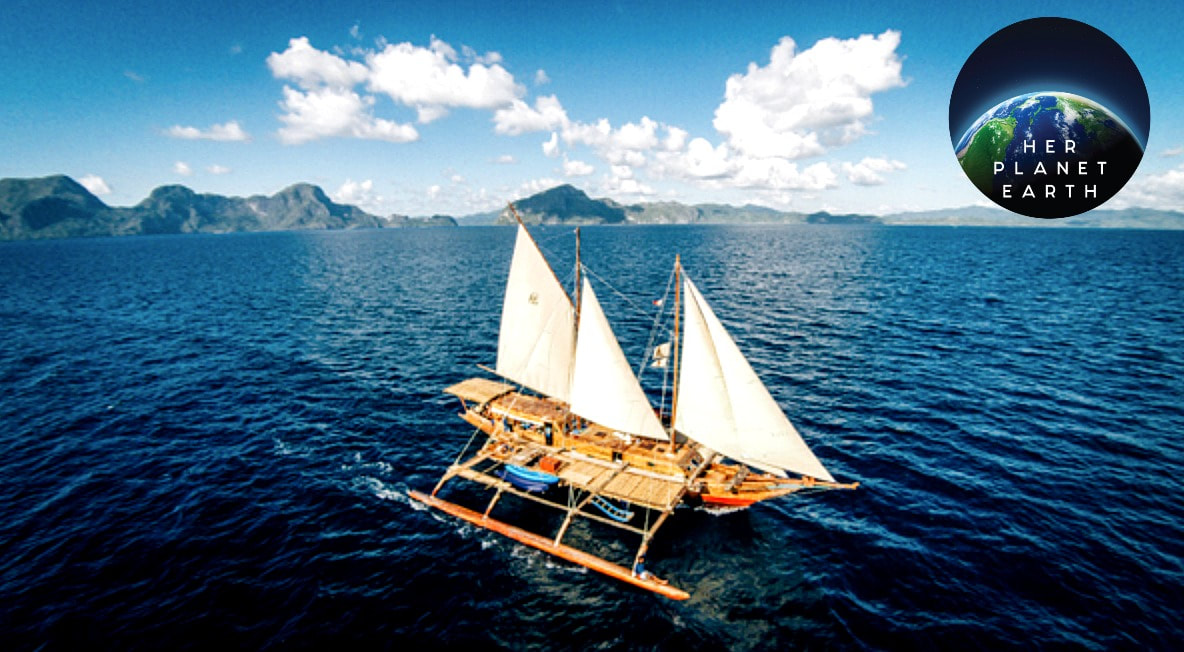
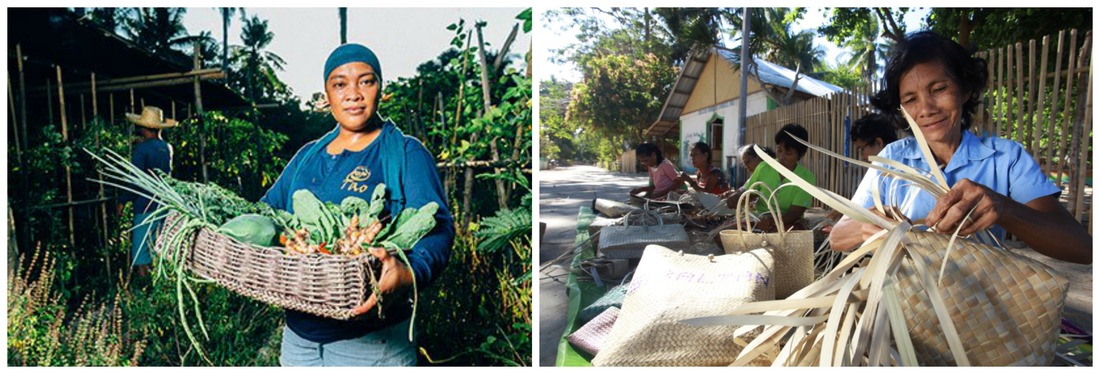
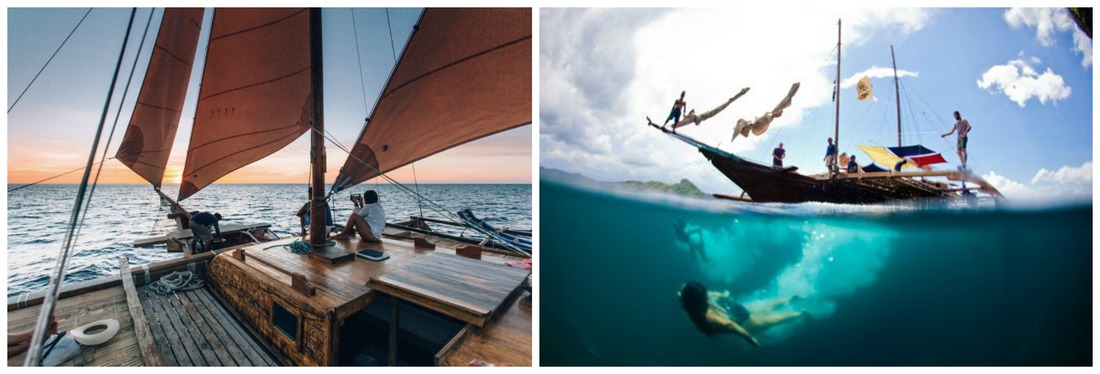
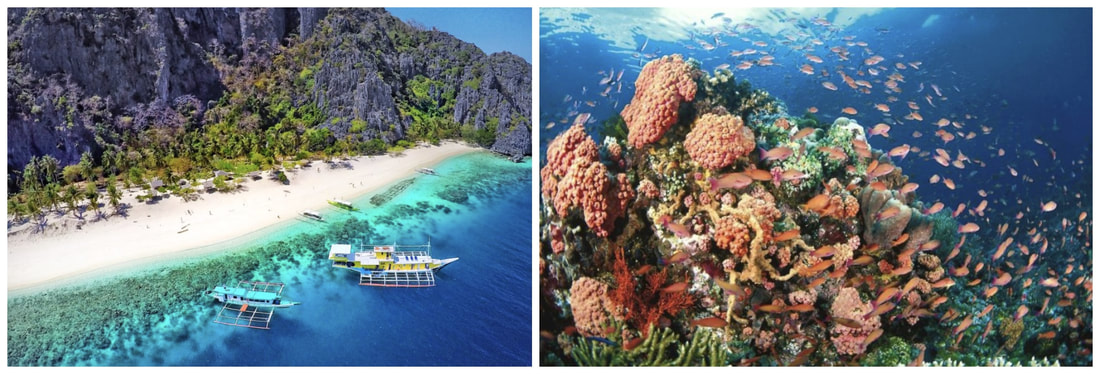
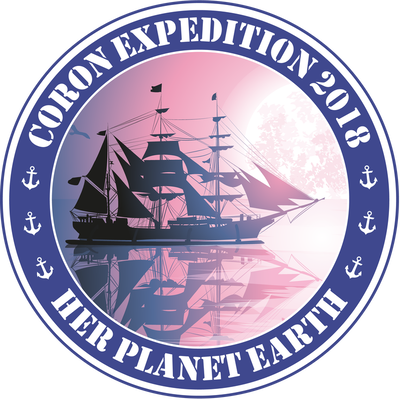
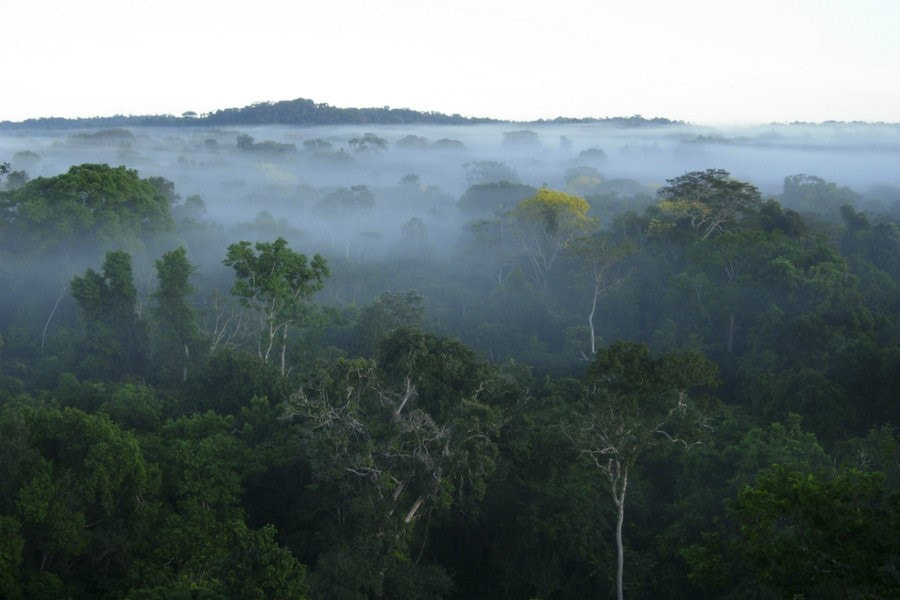
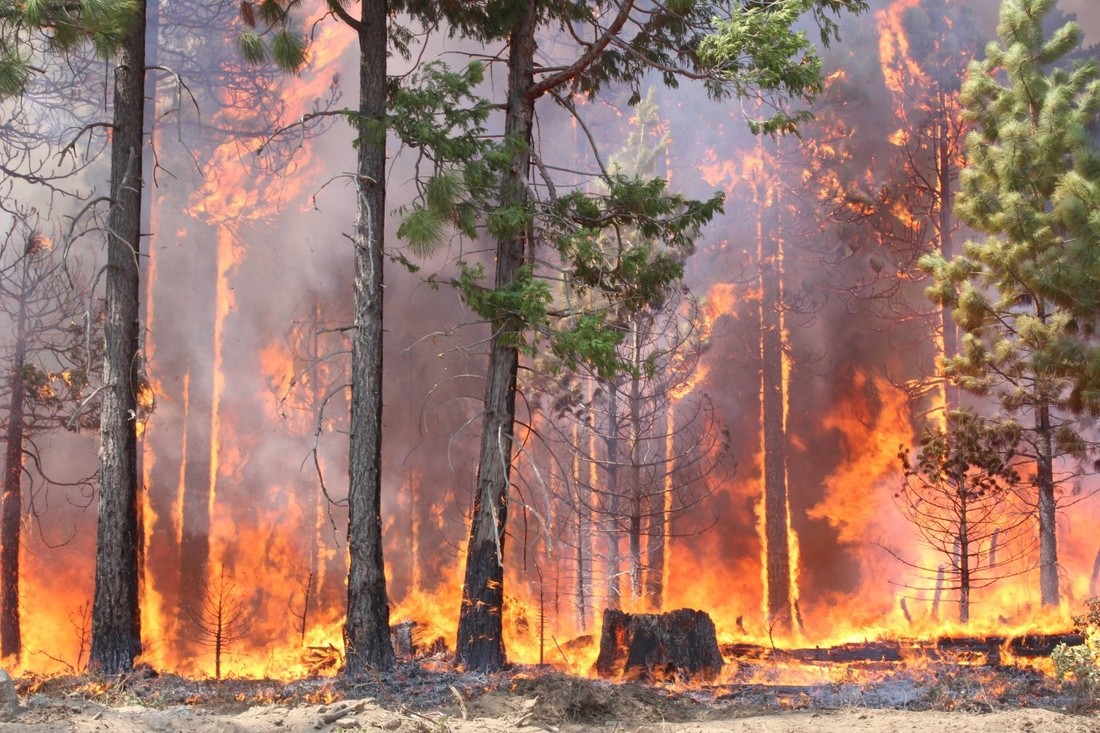
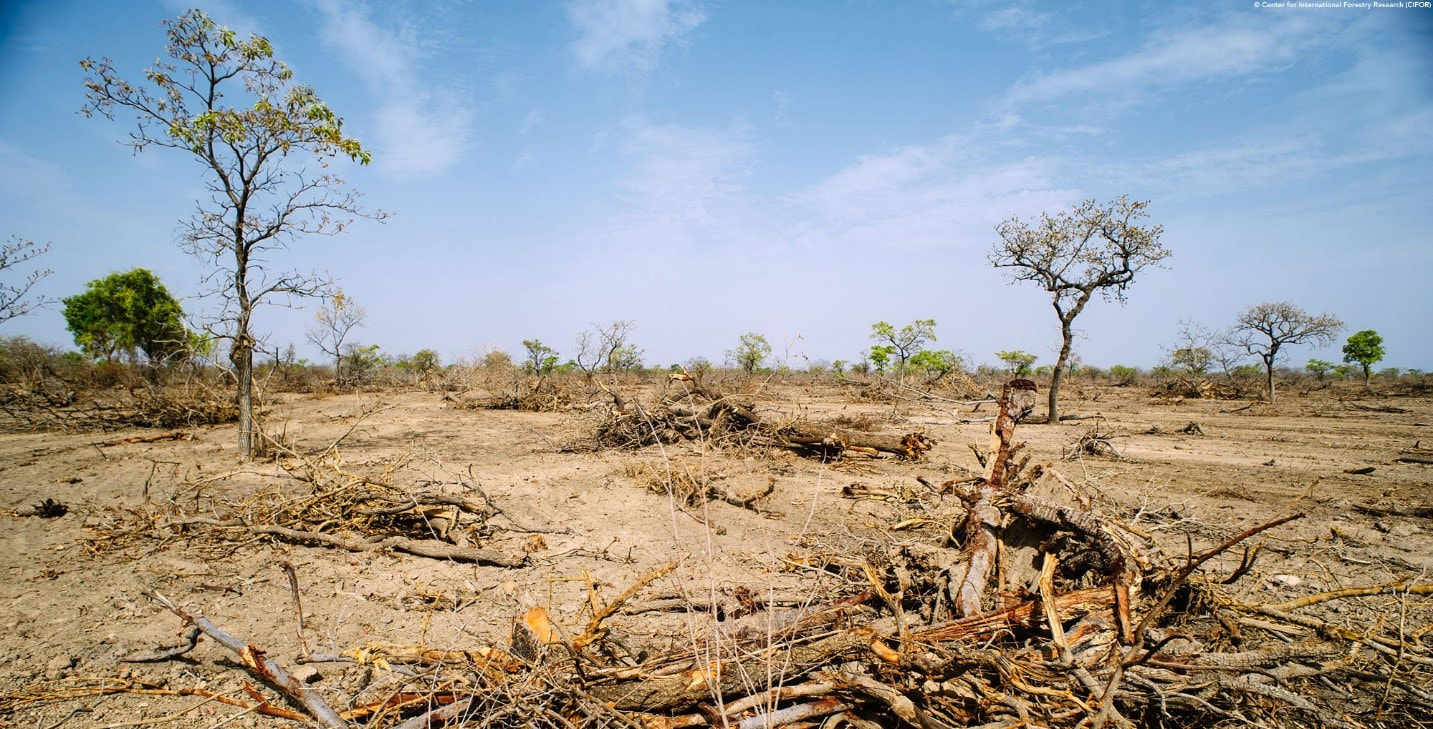
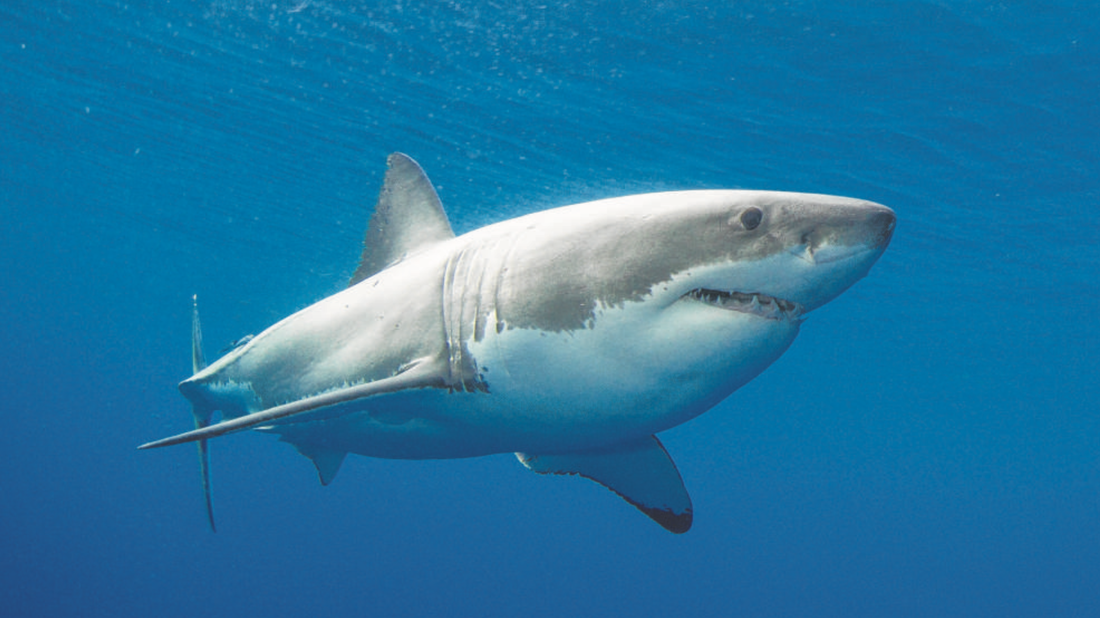
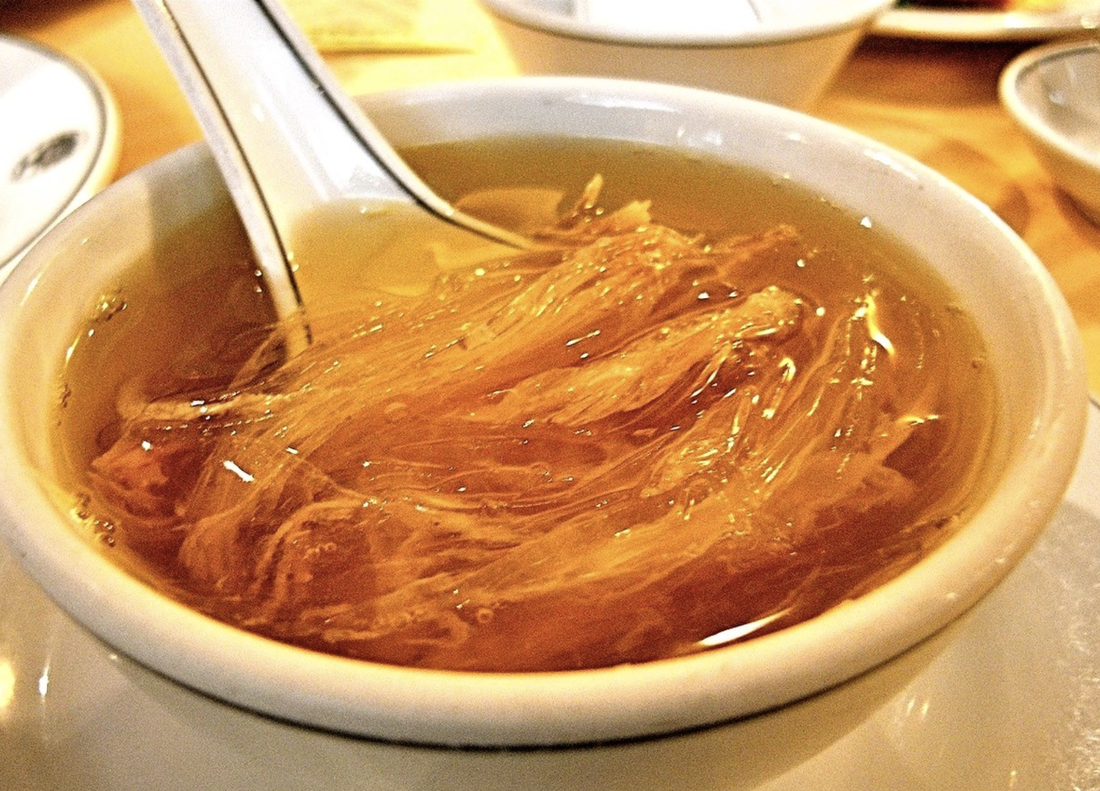
 RSS Feed
RSS Feed